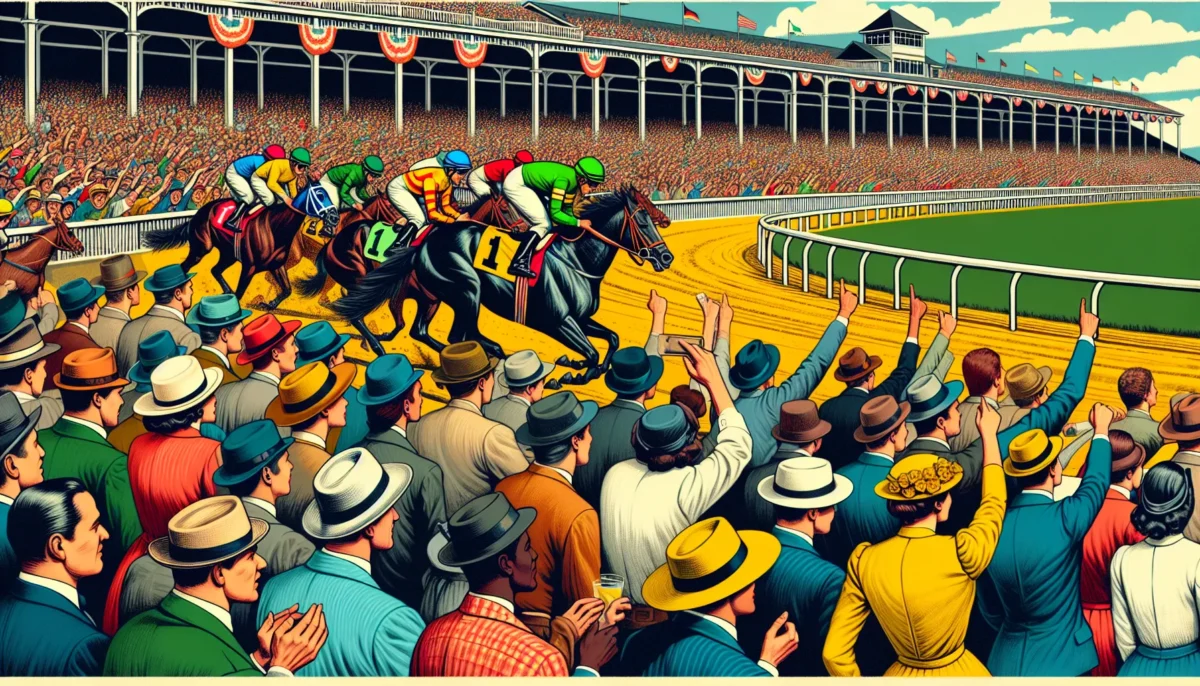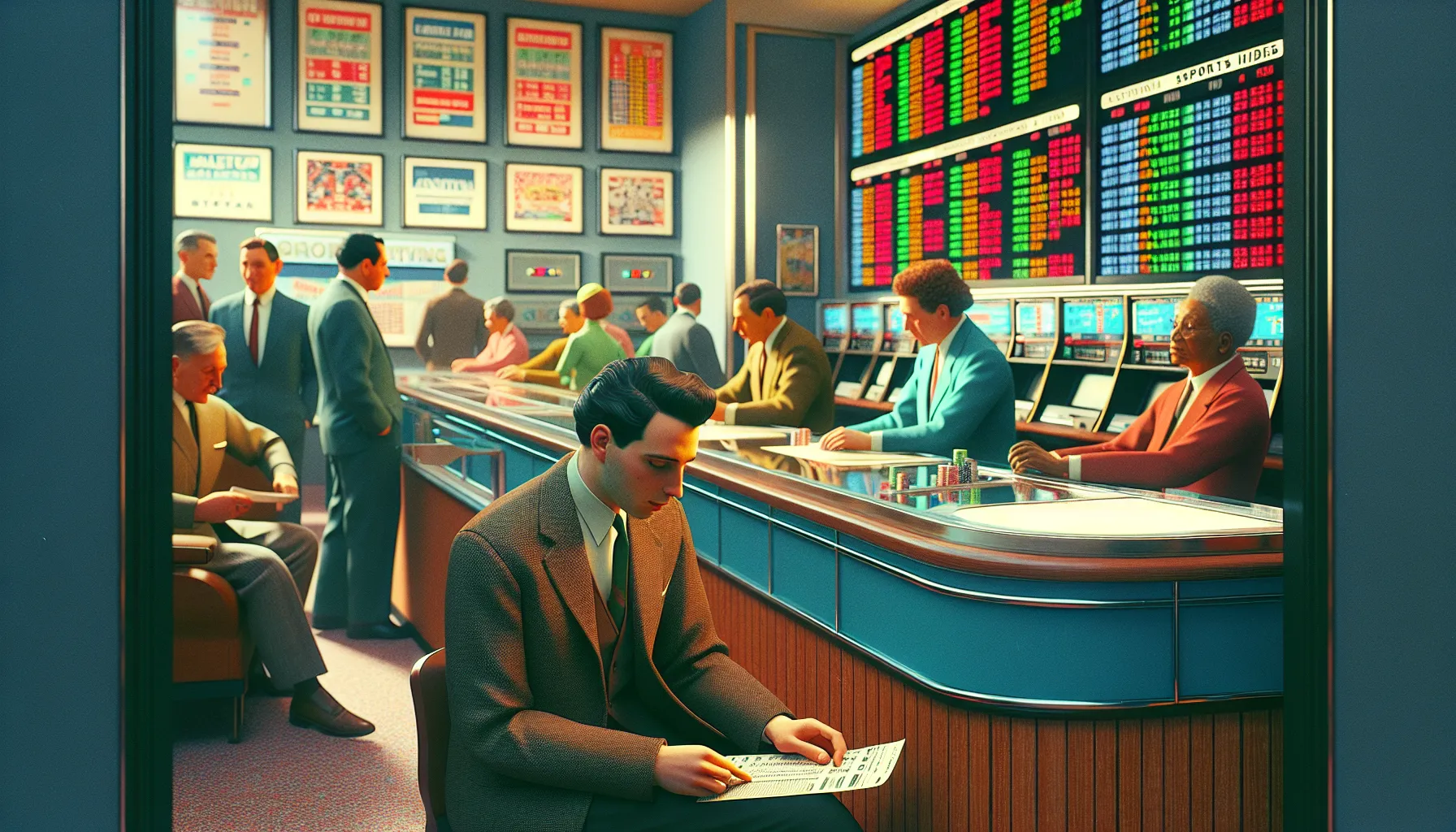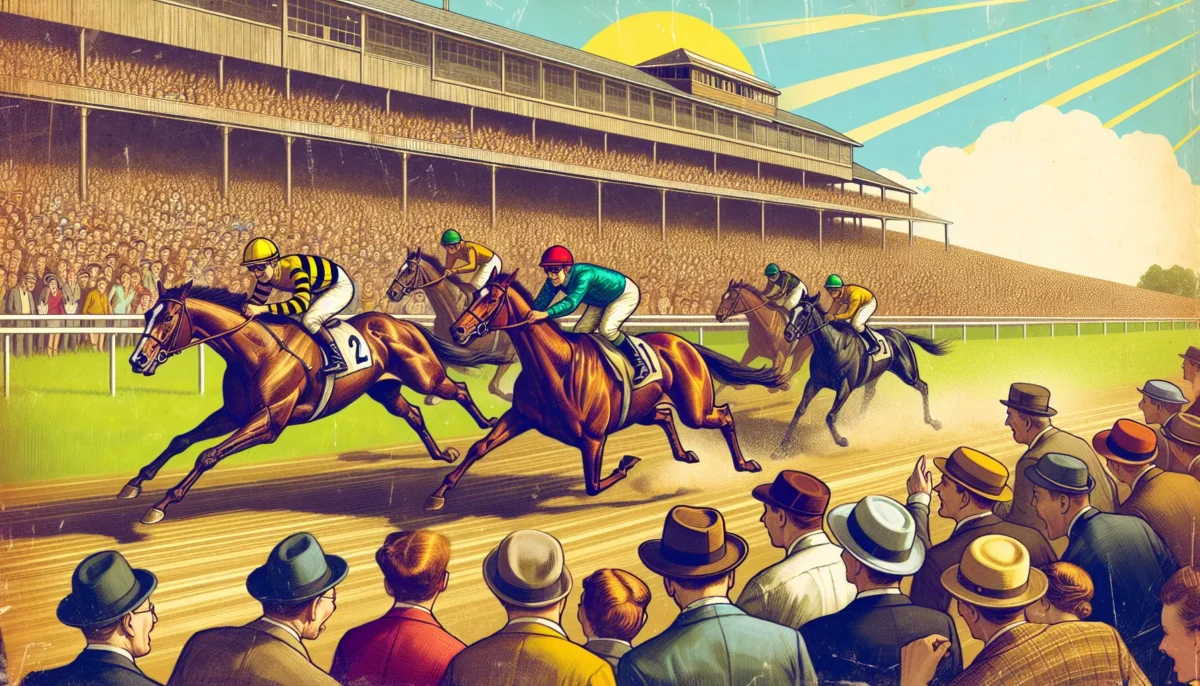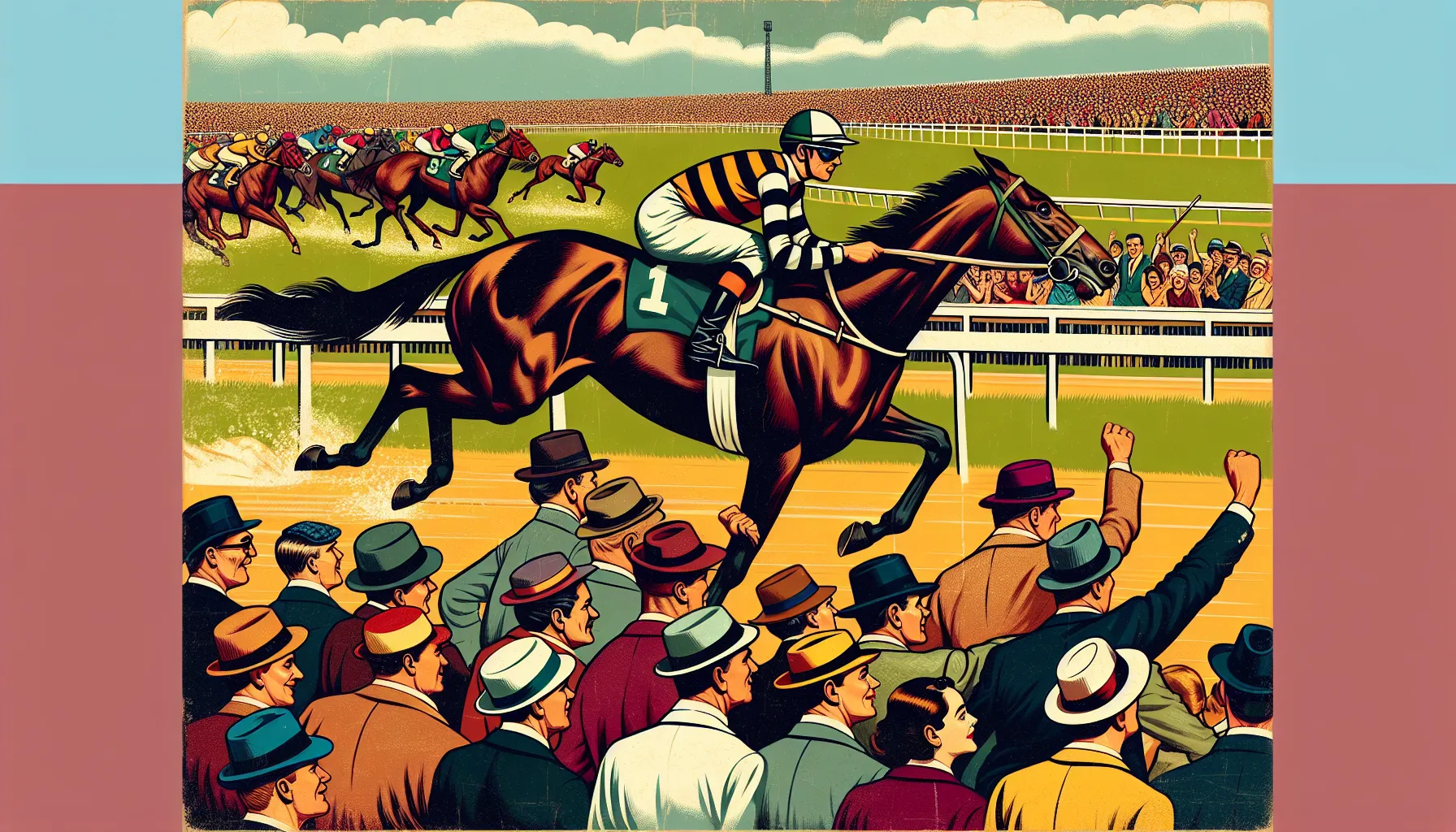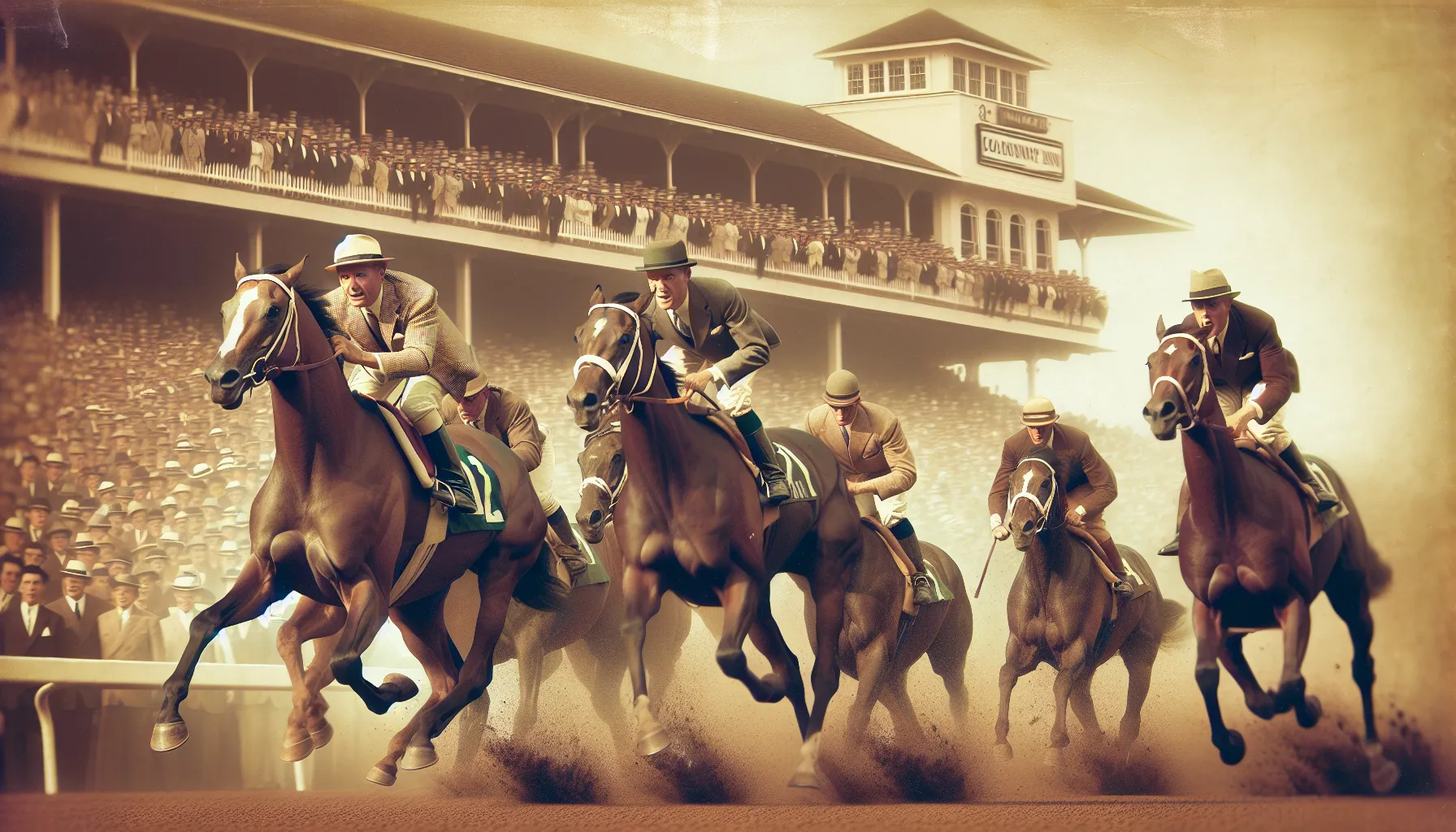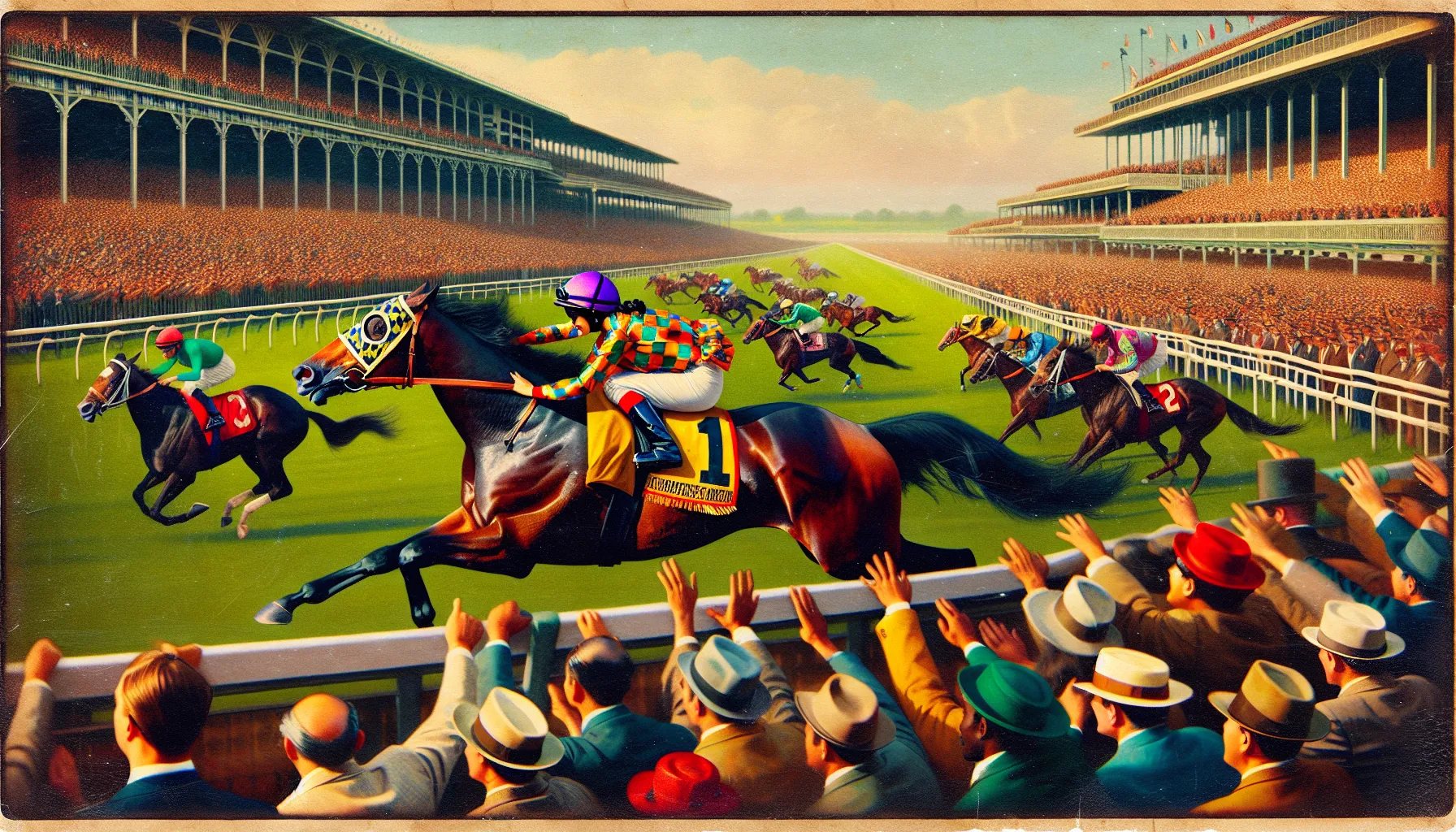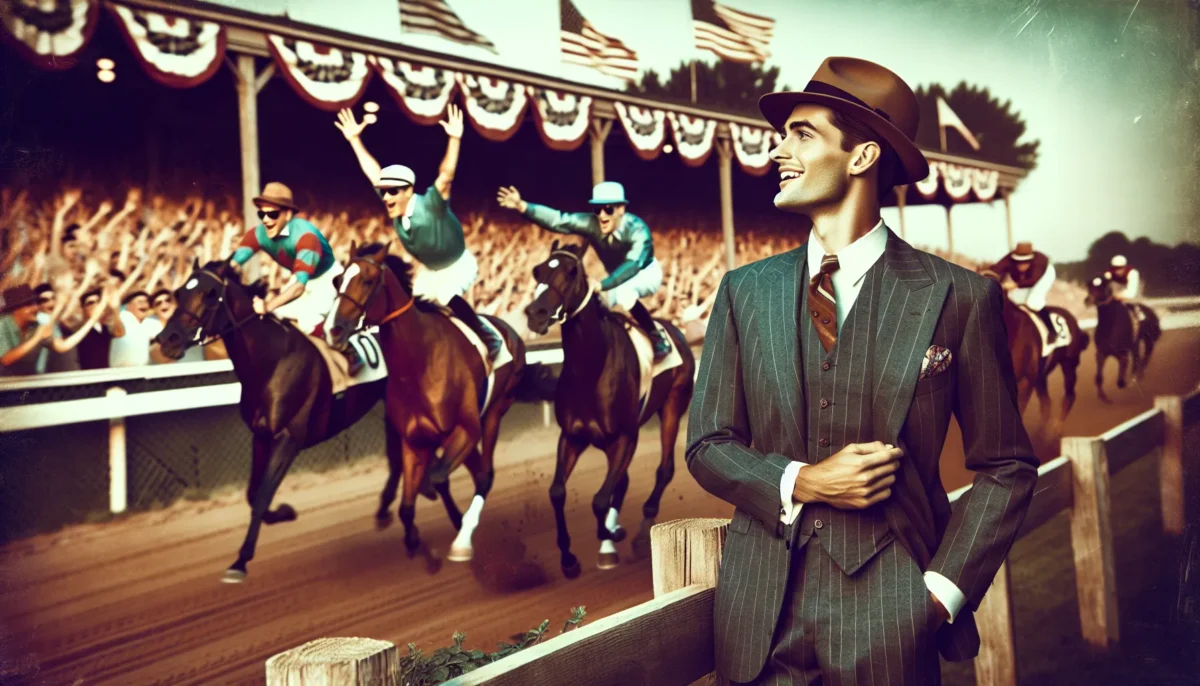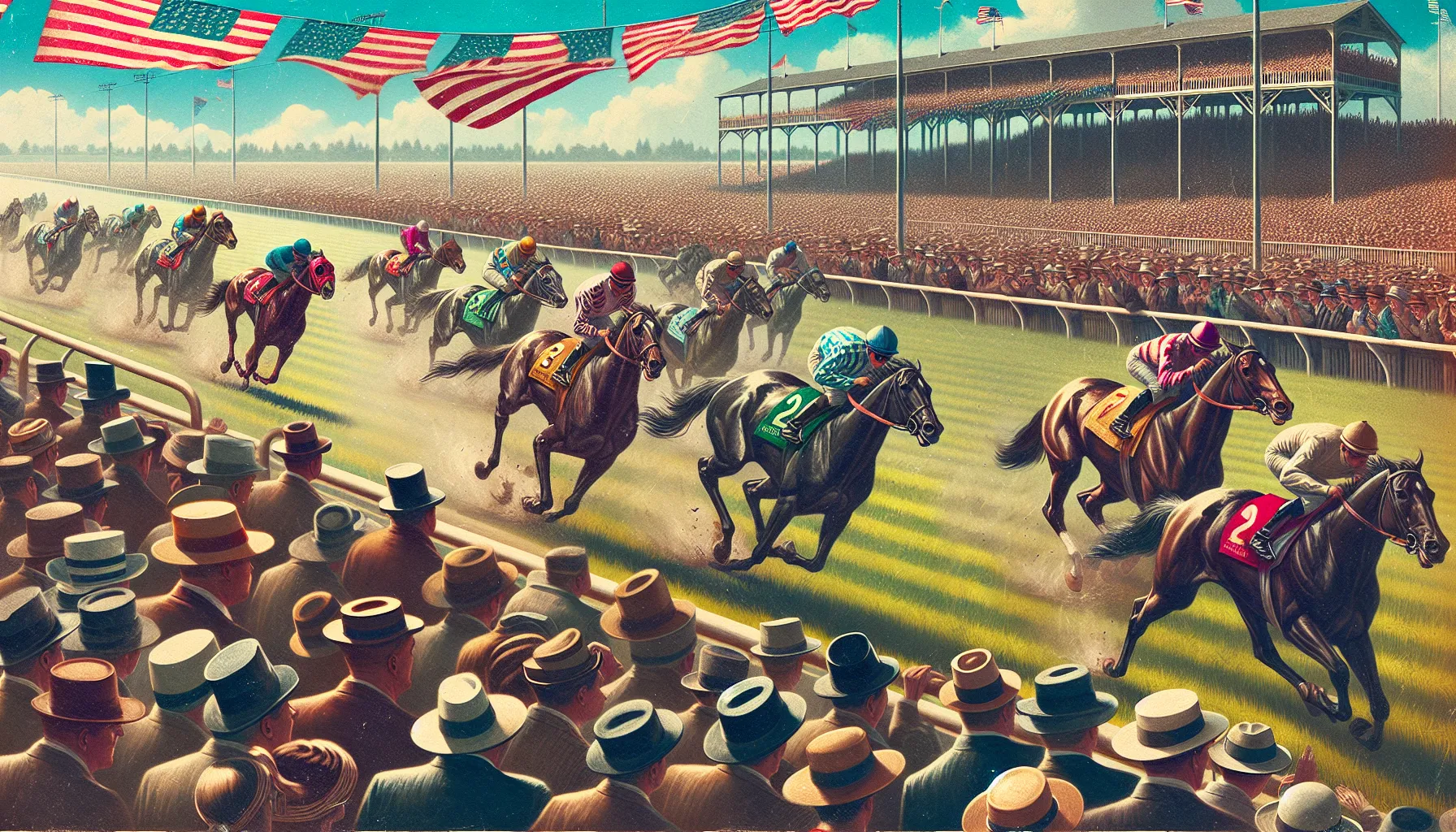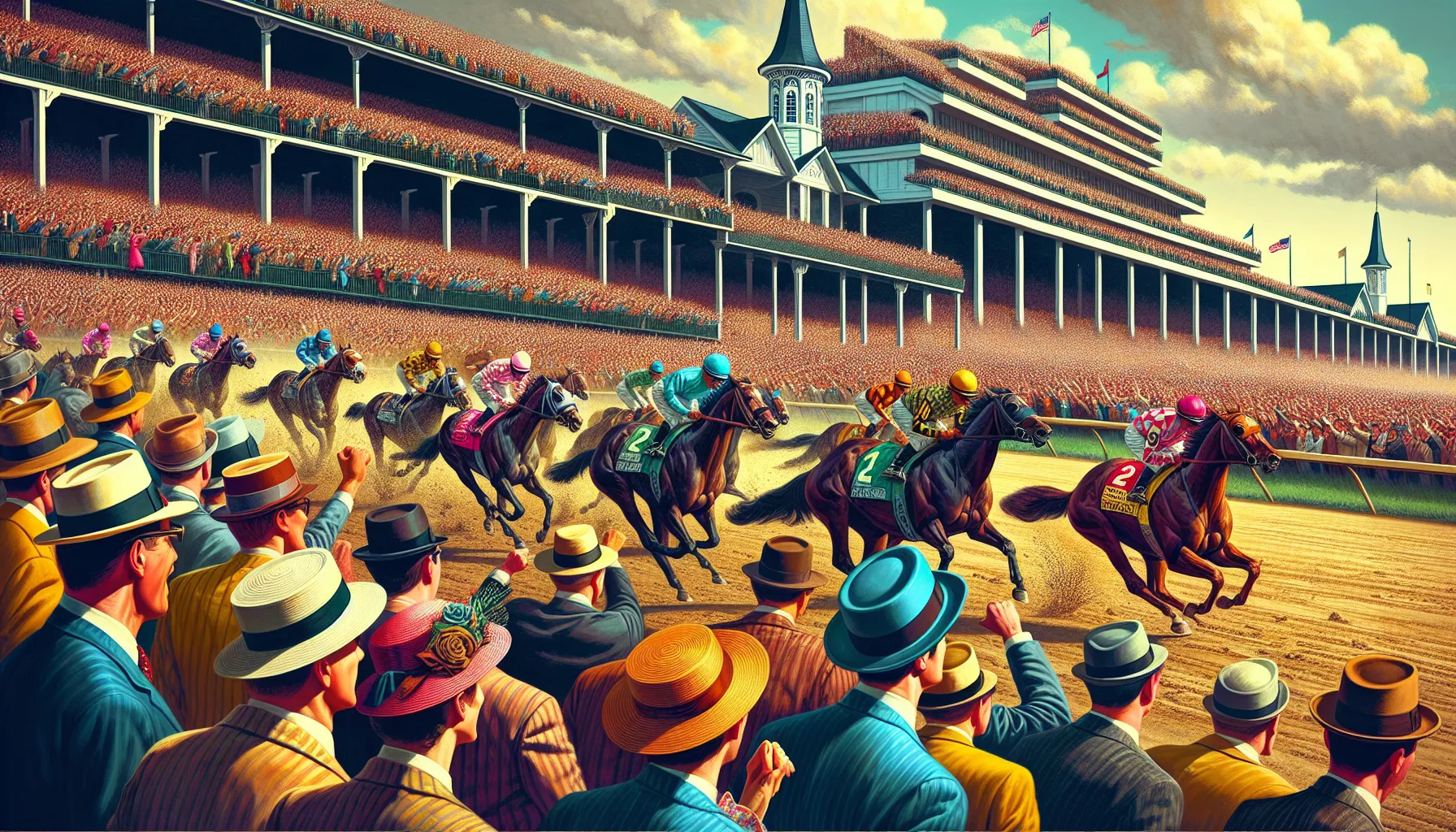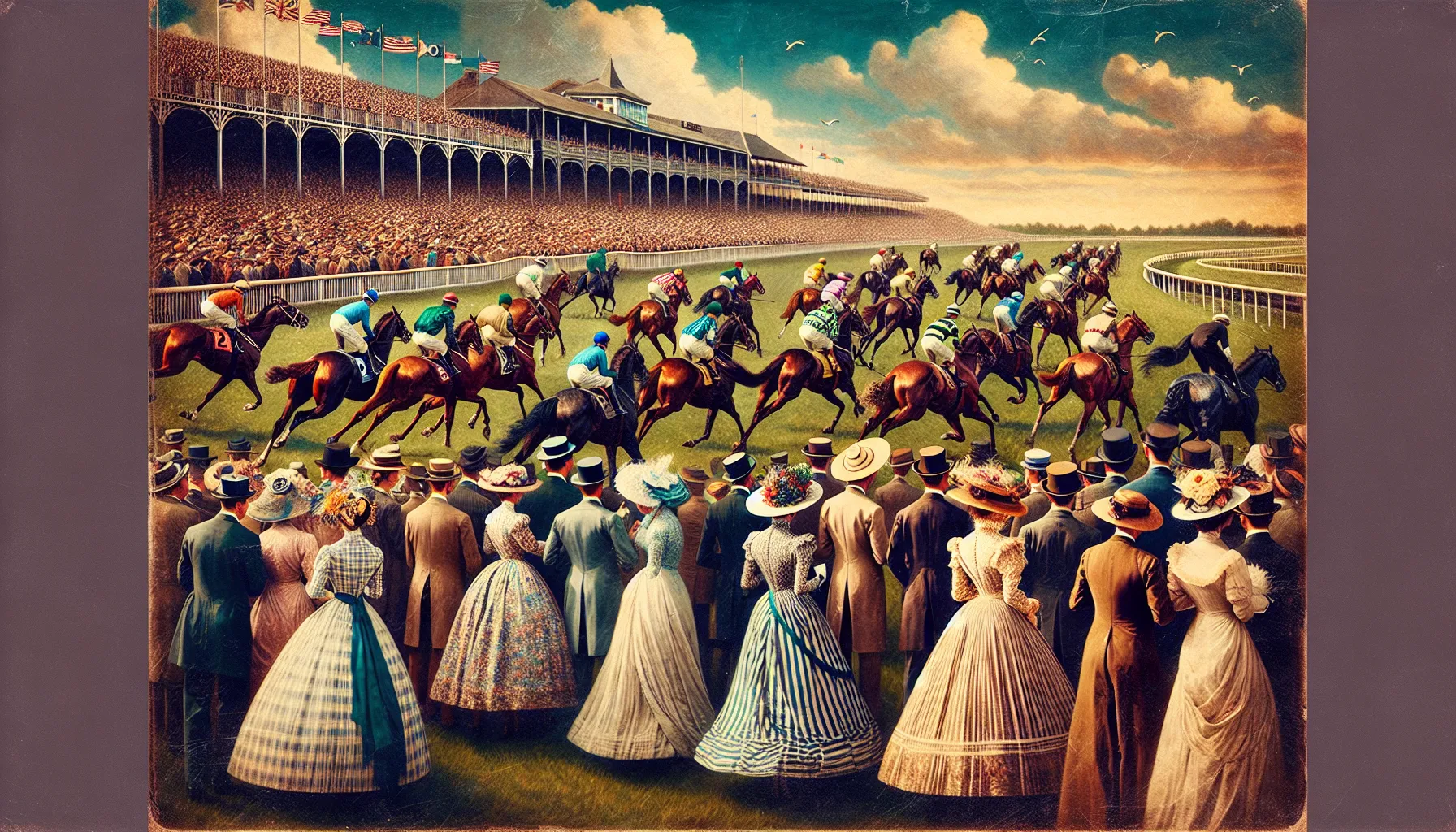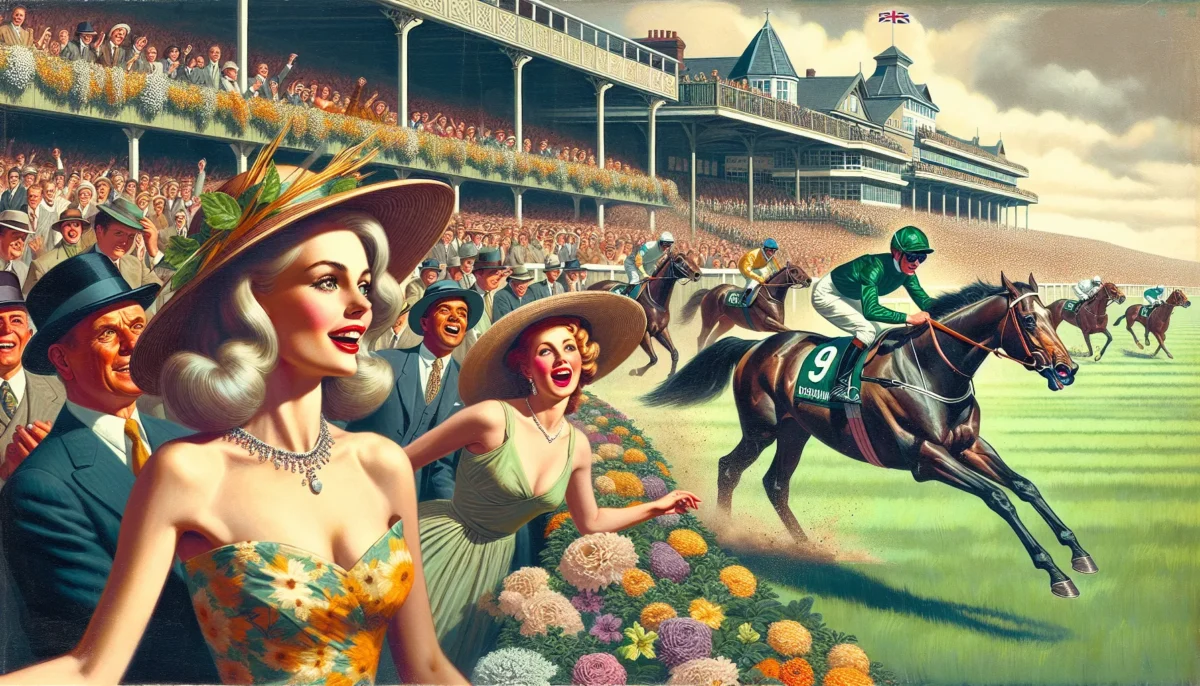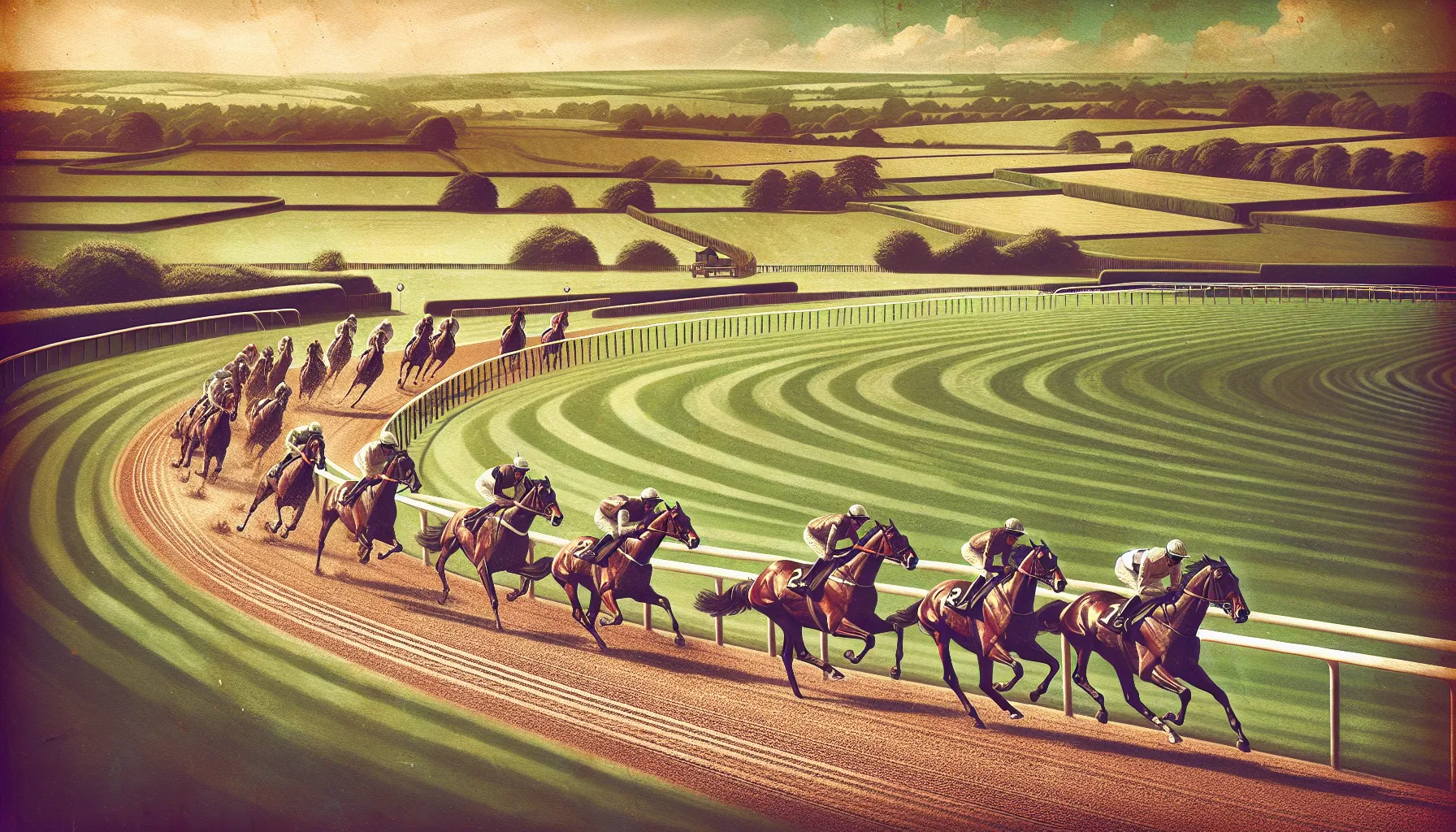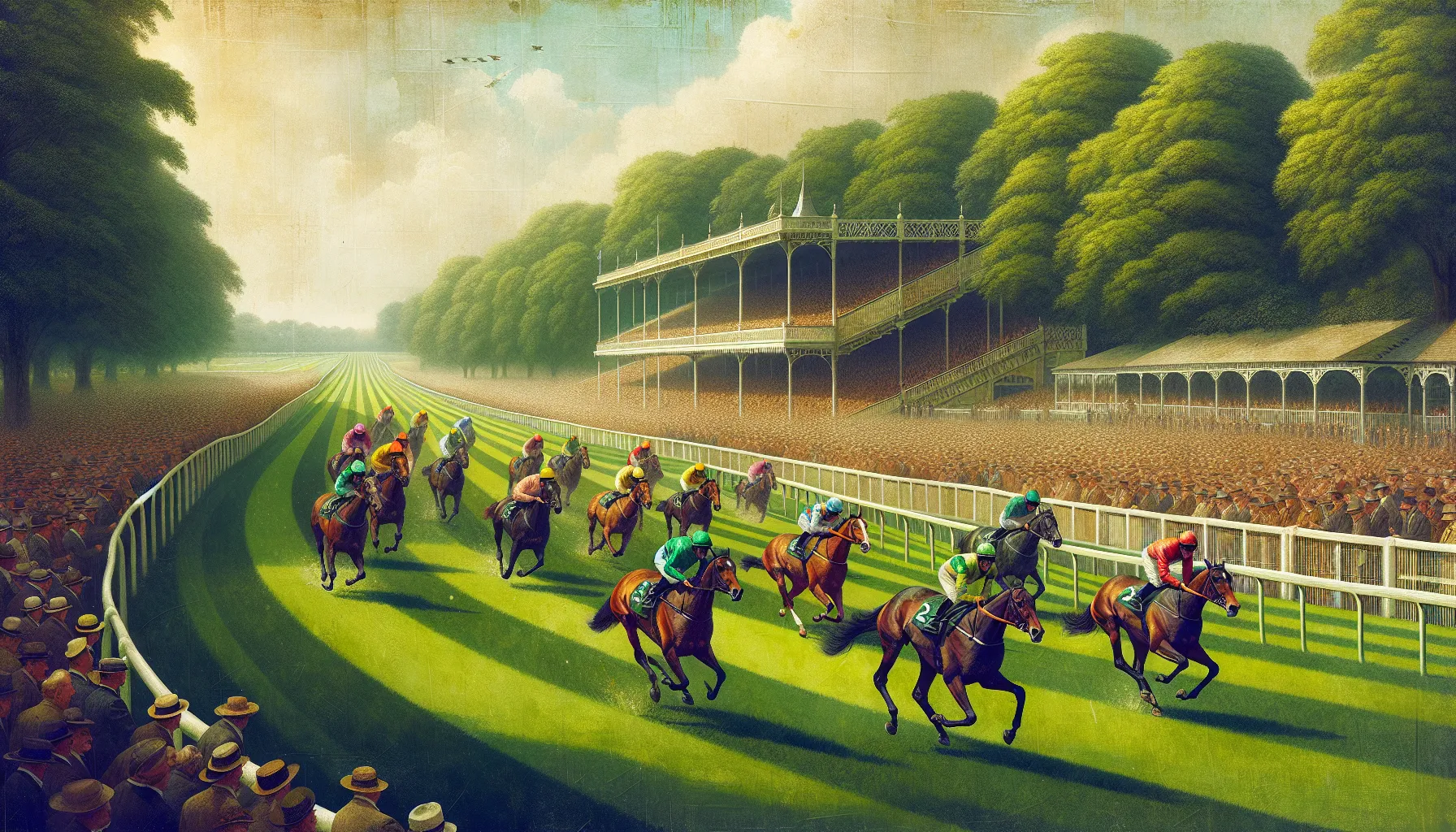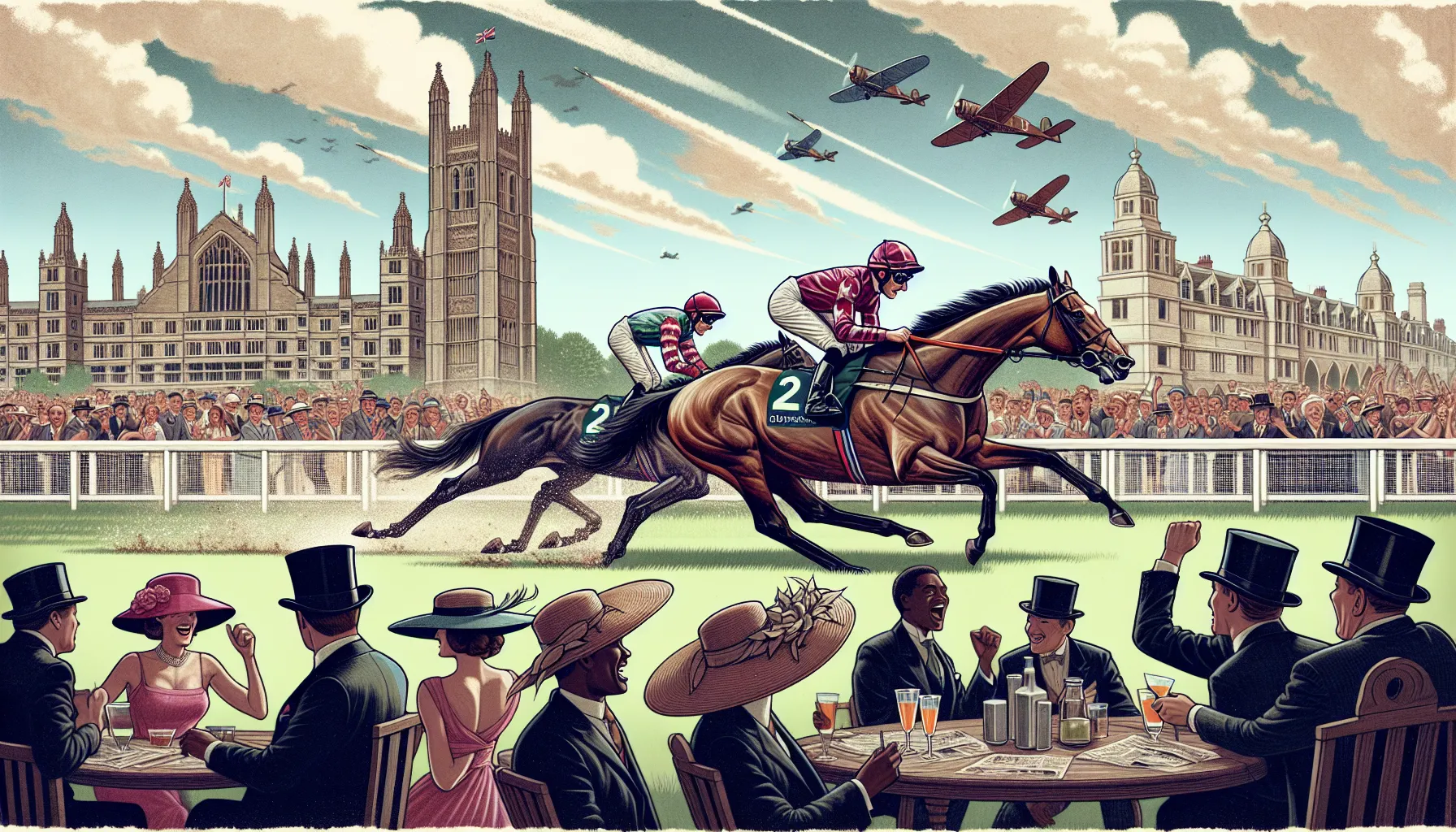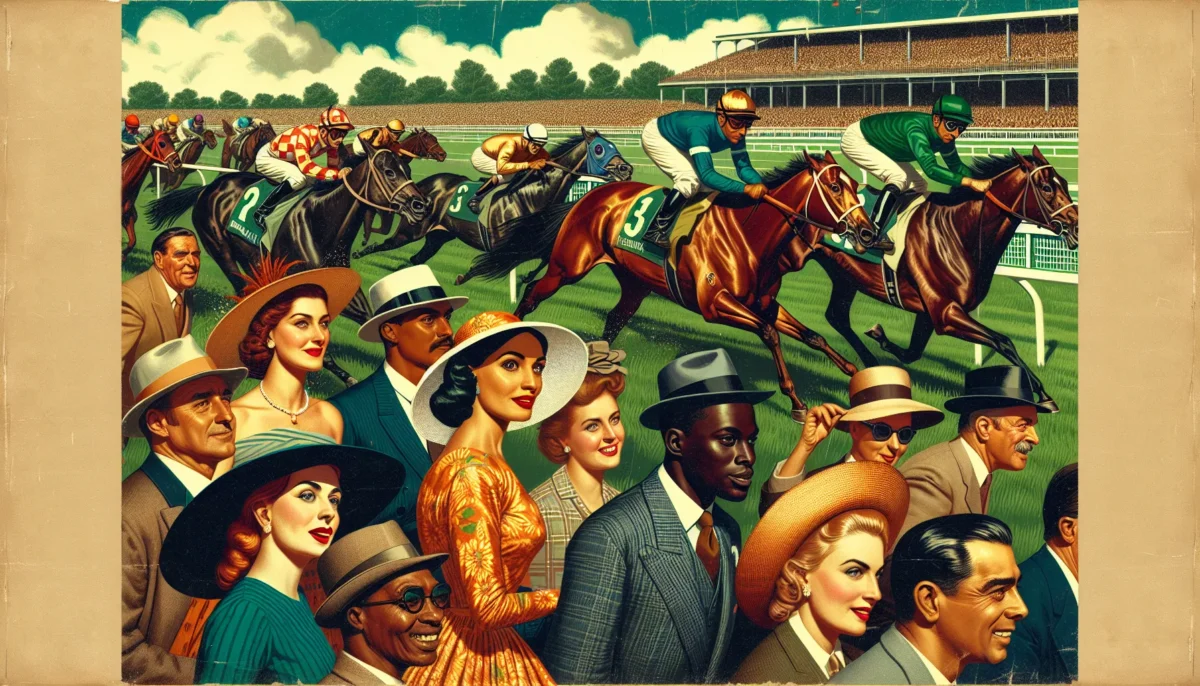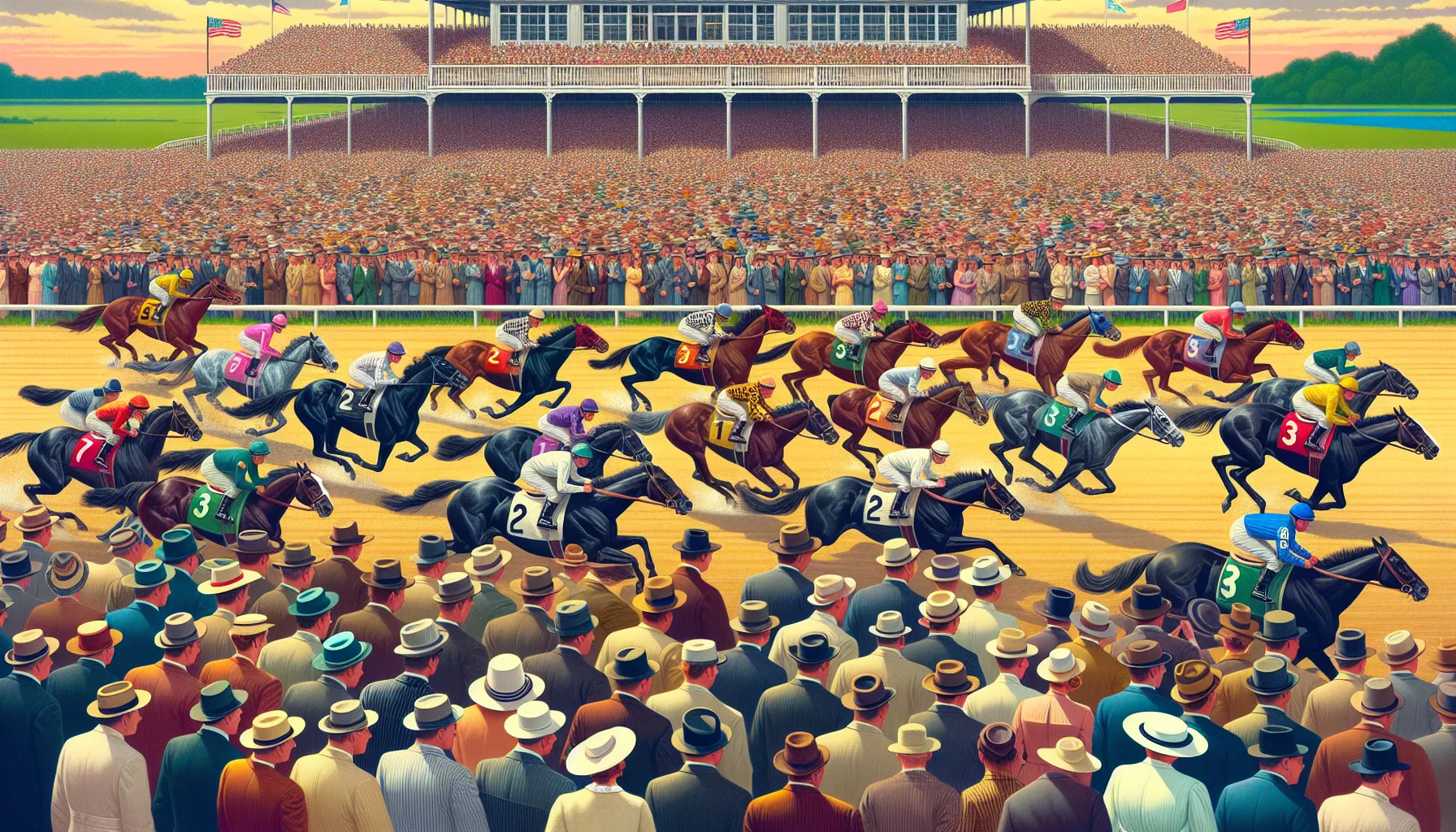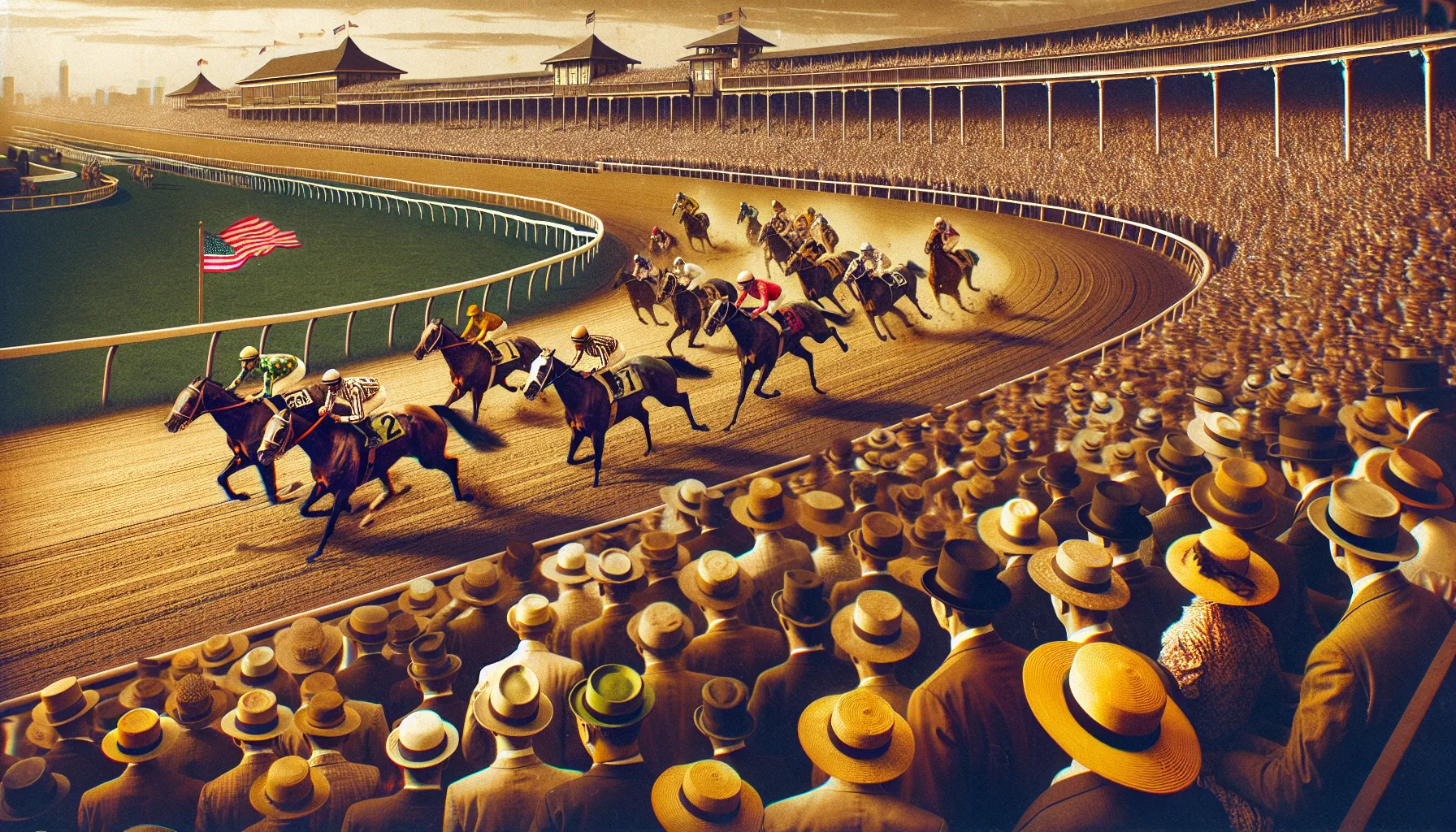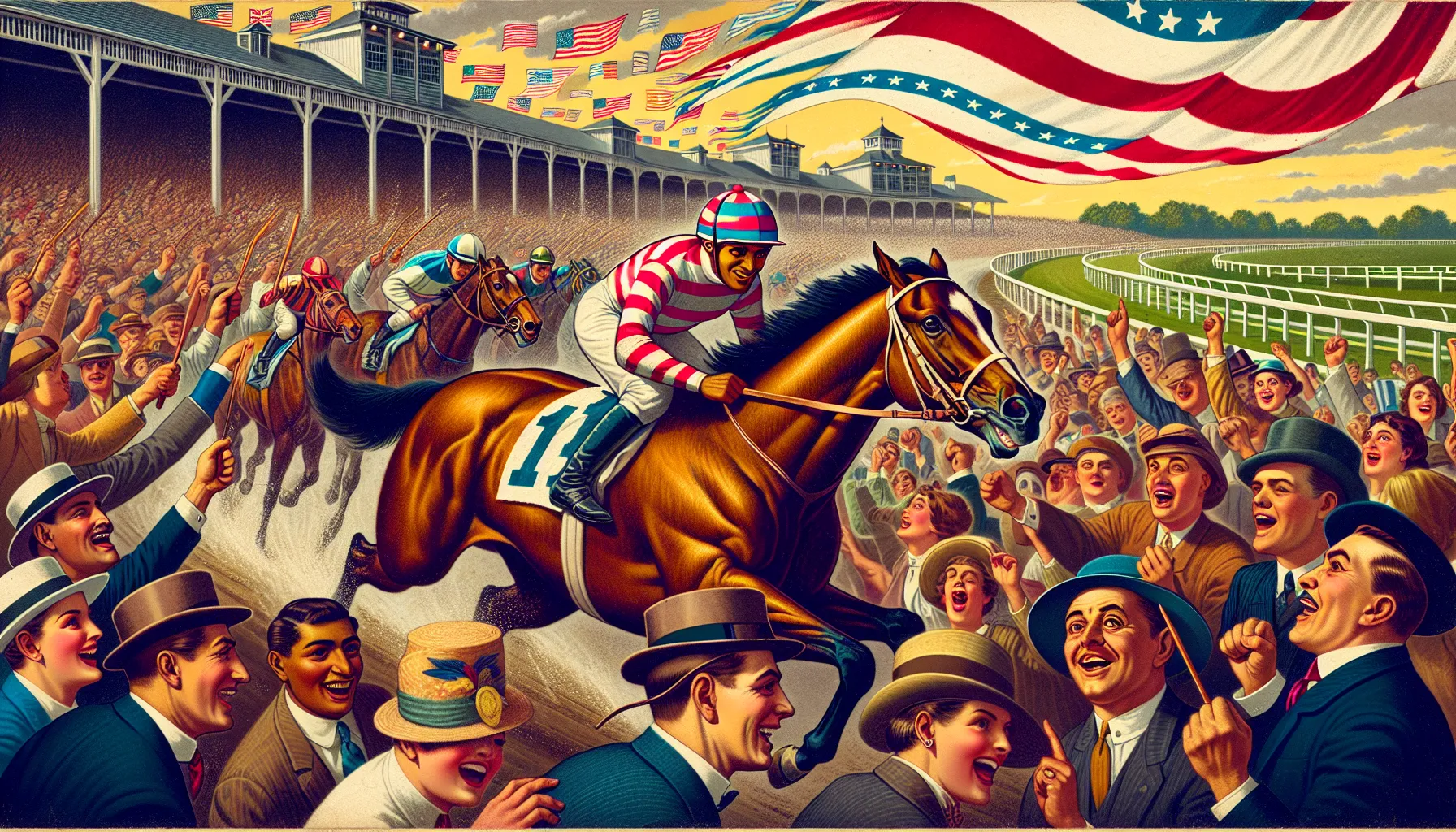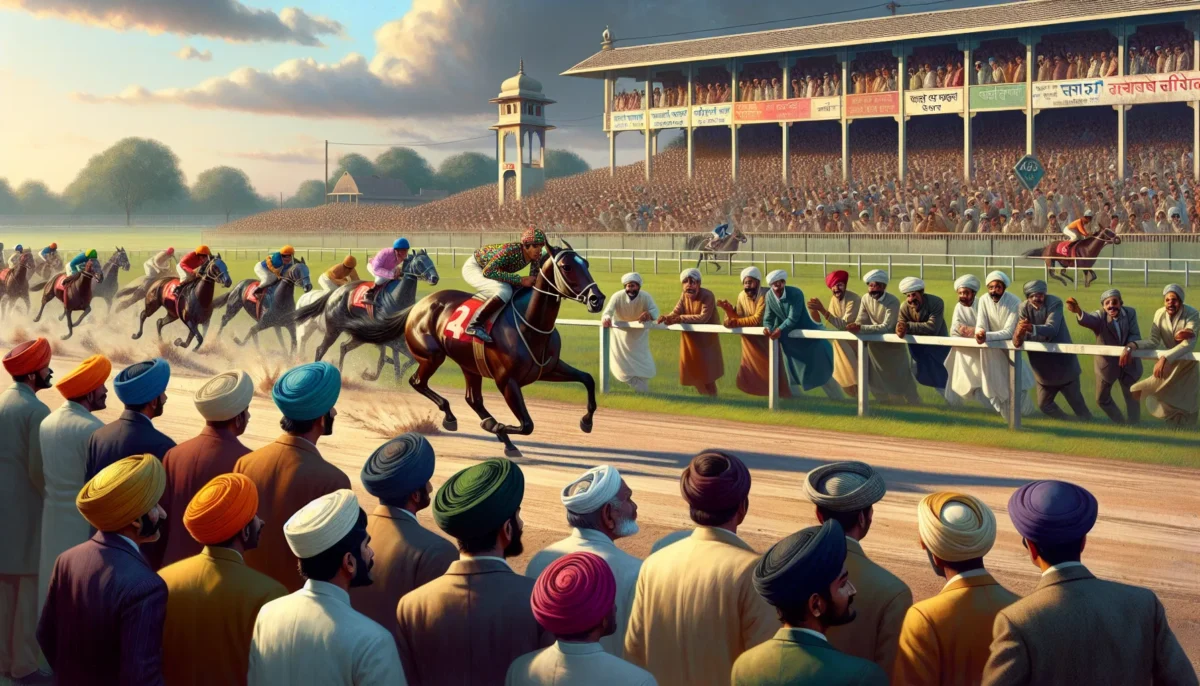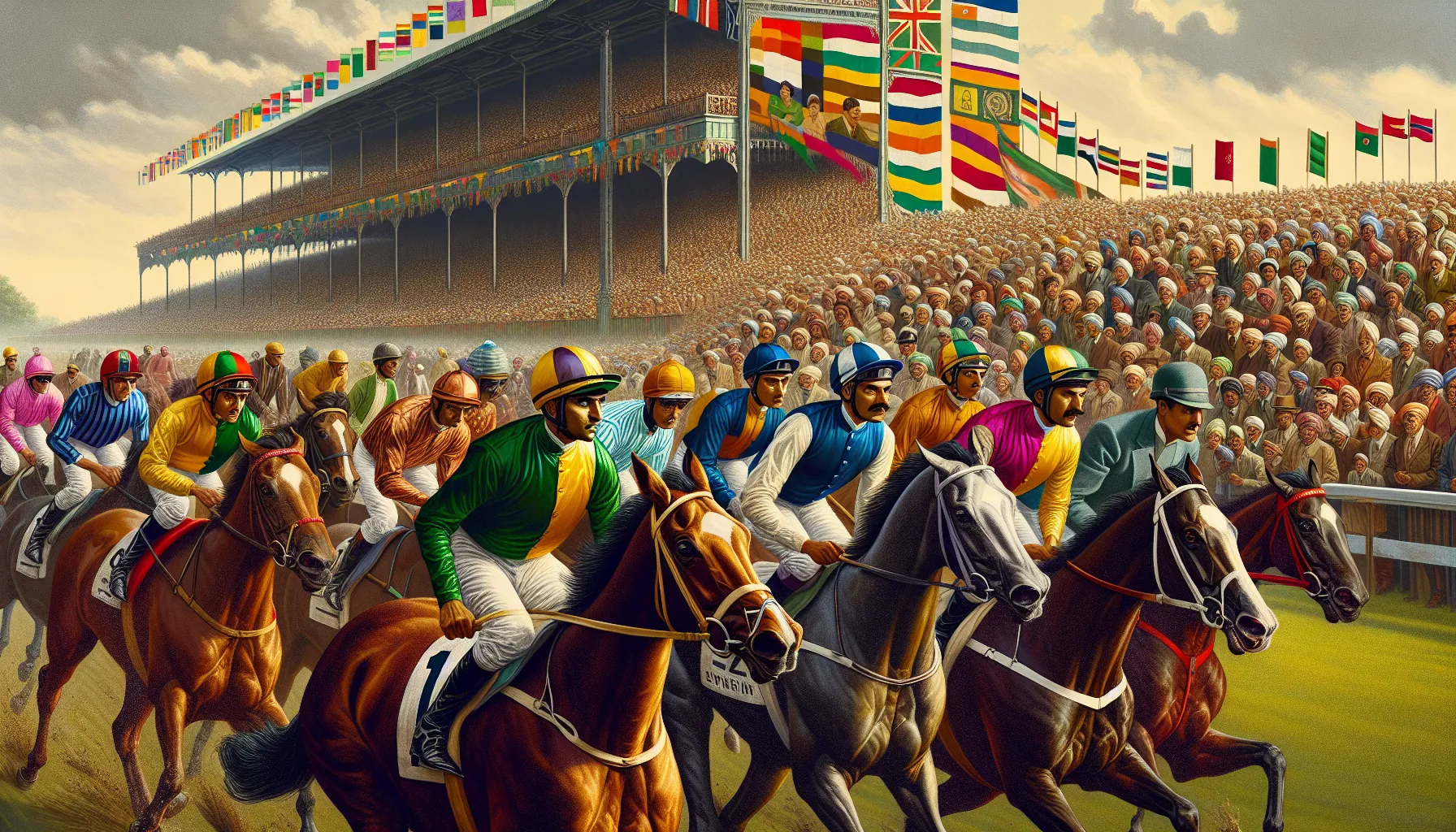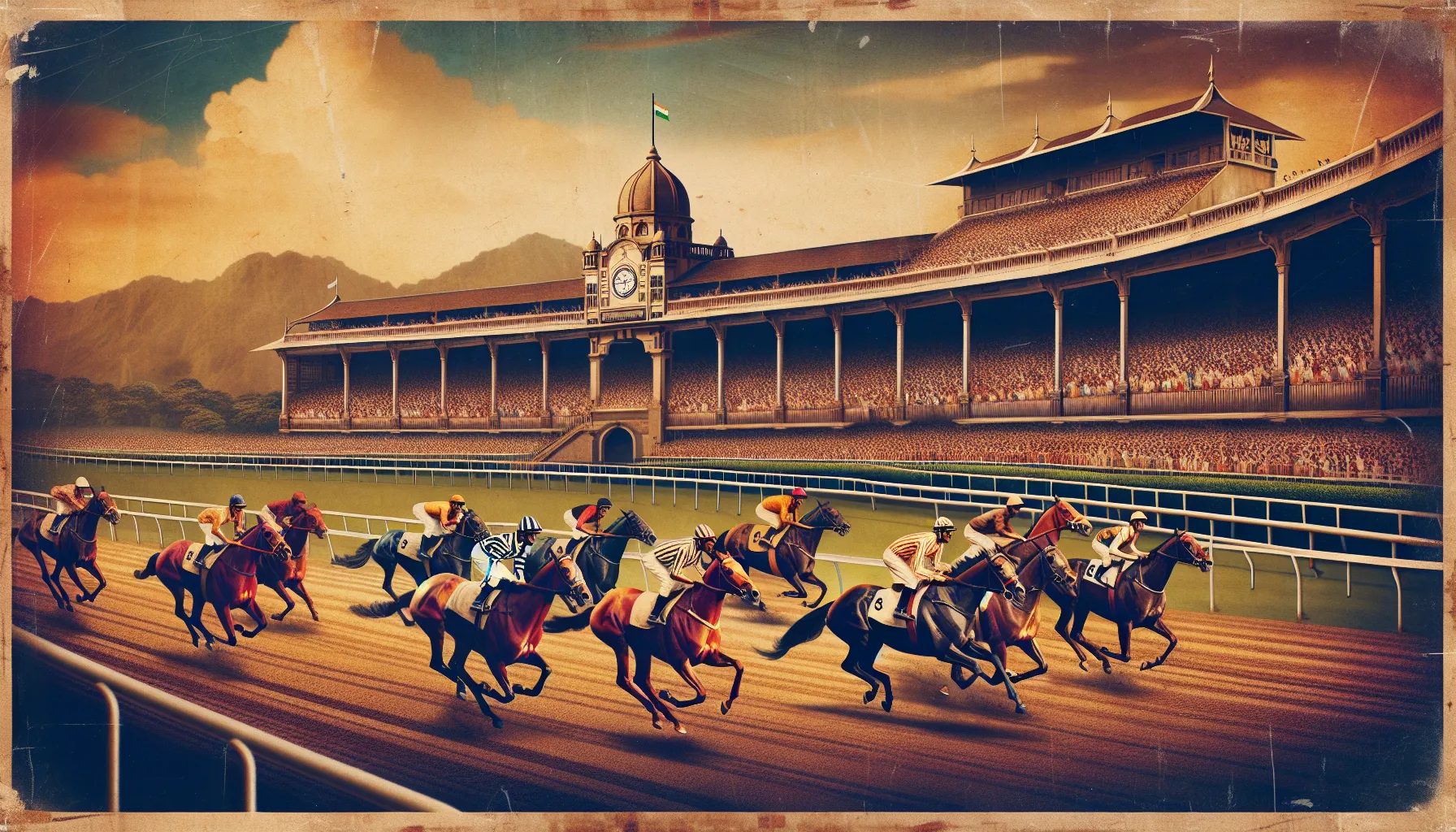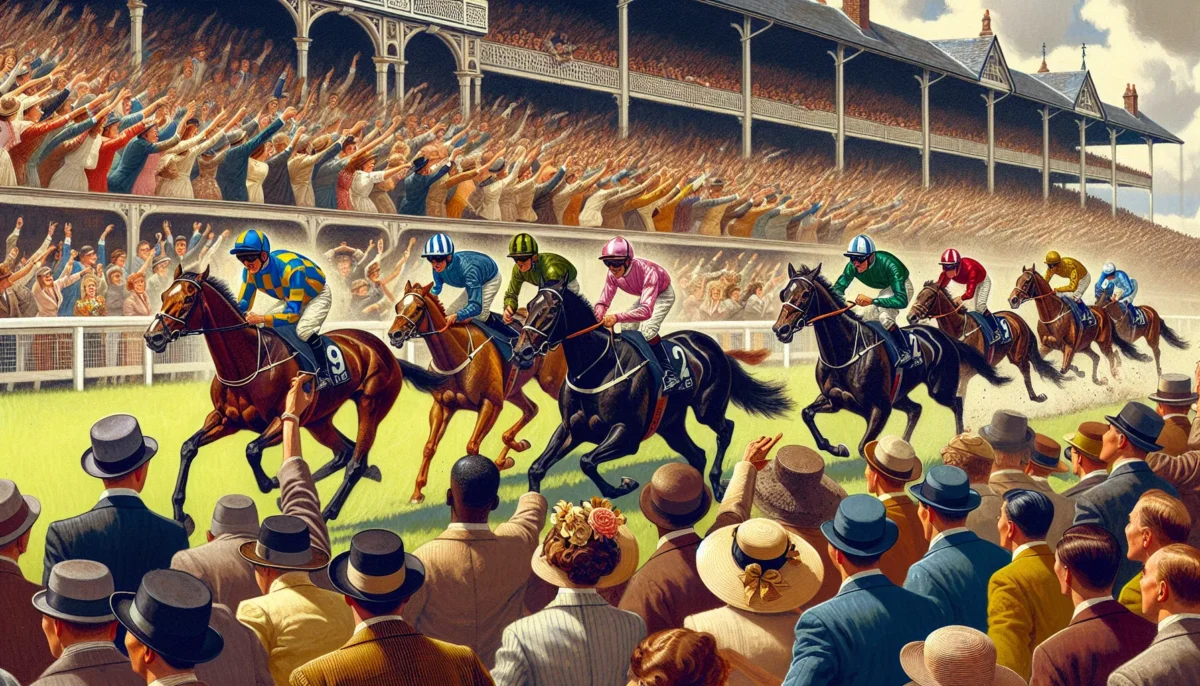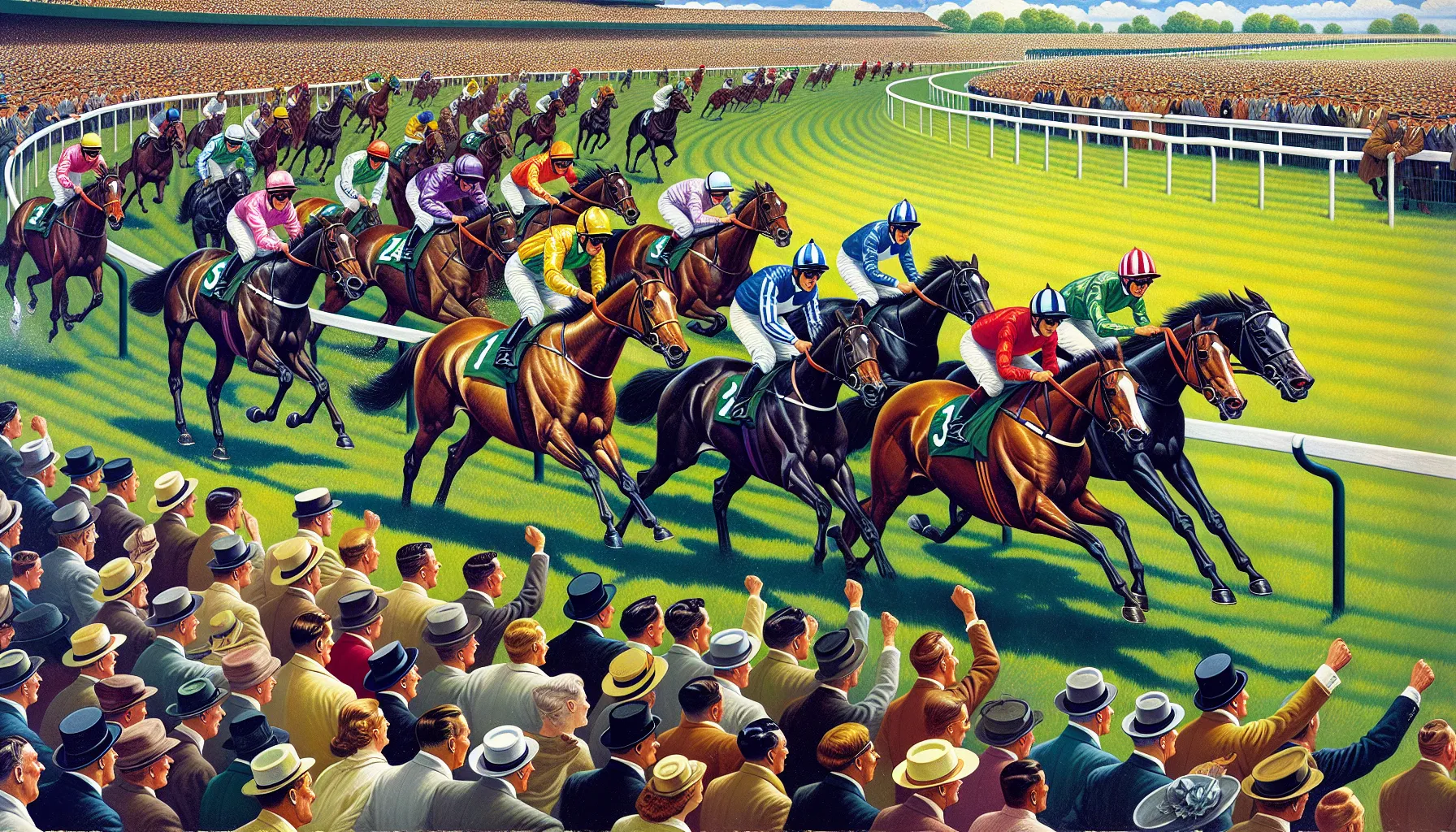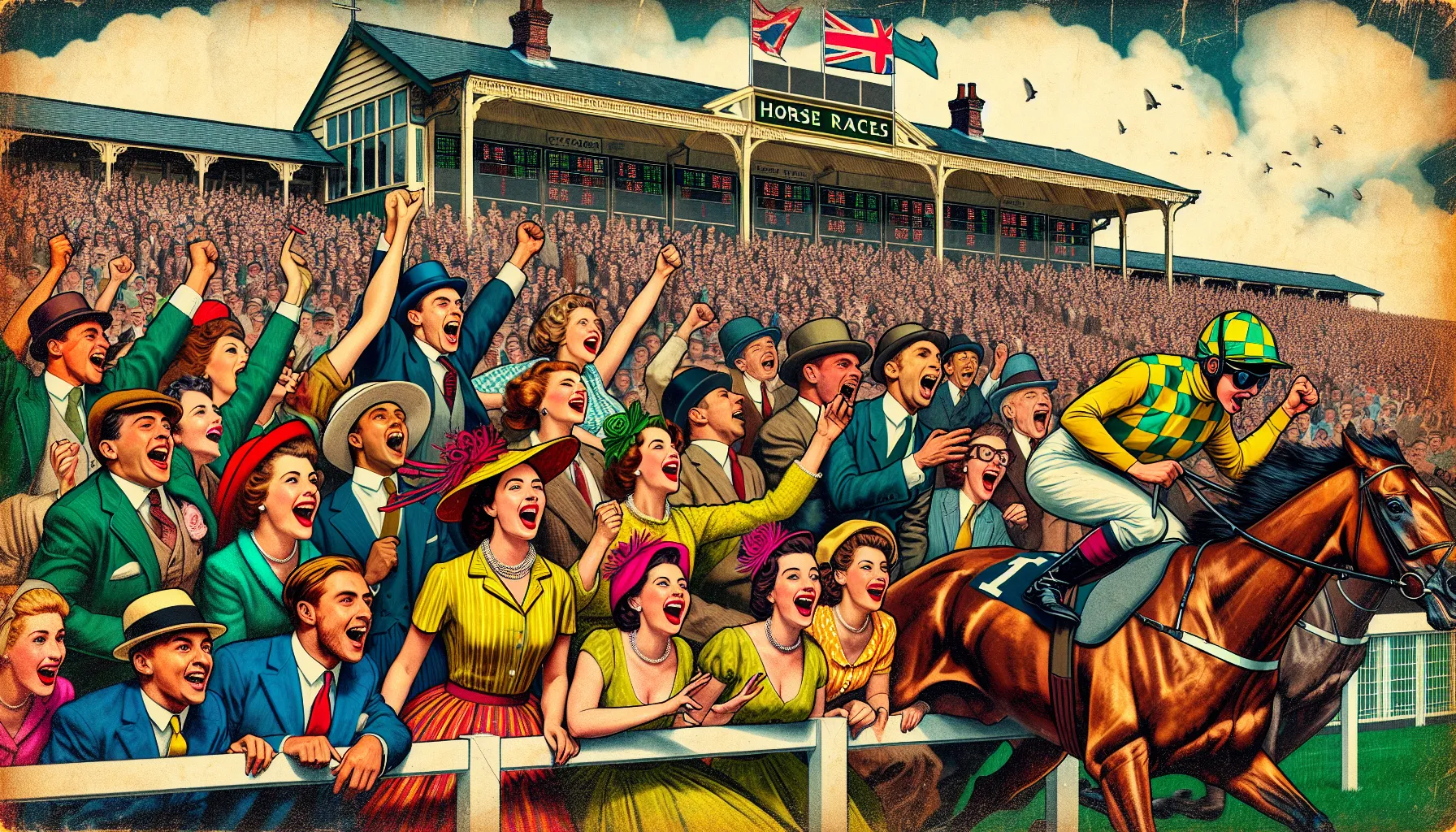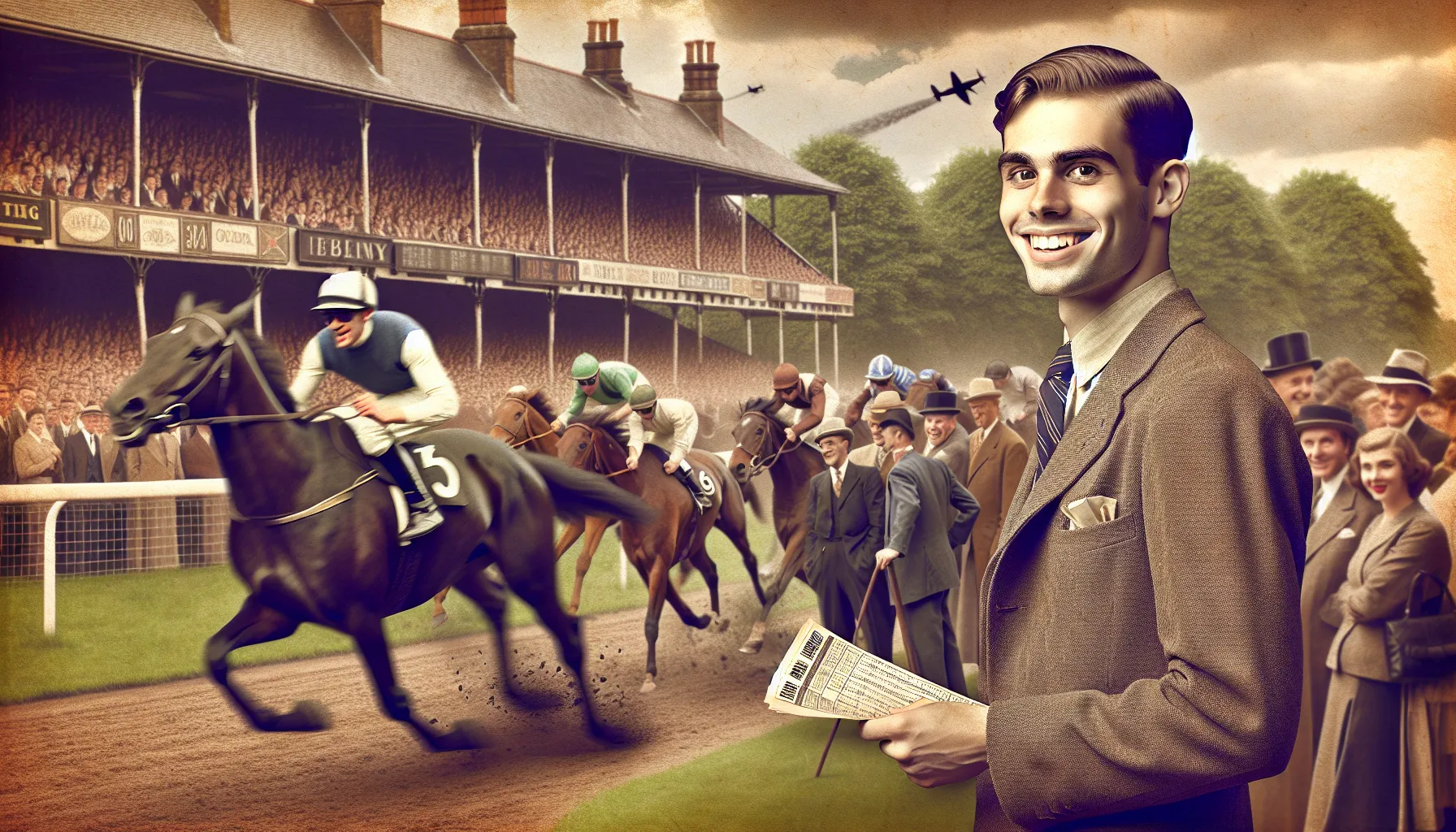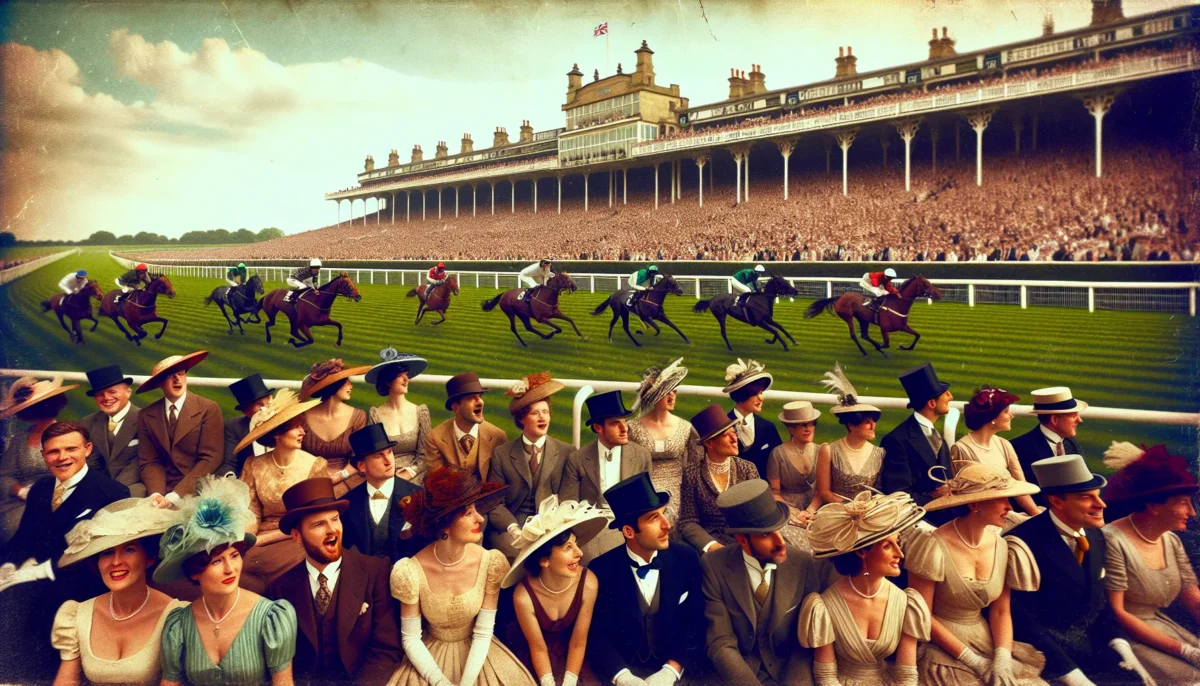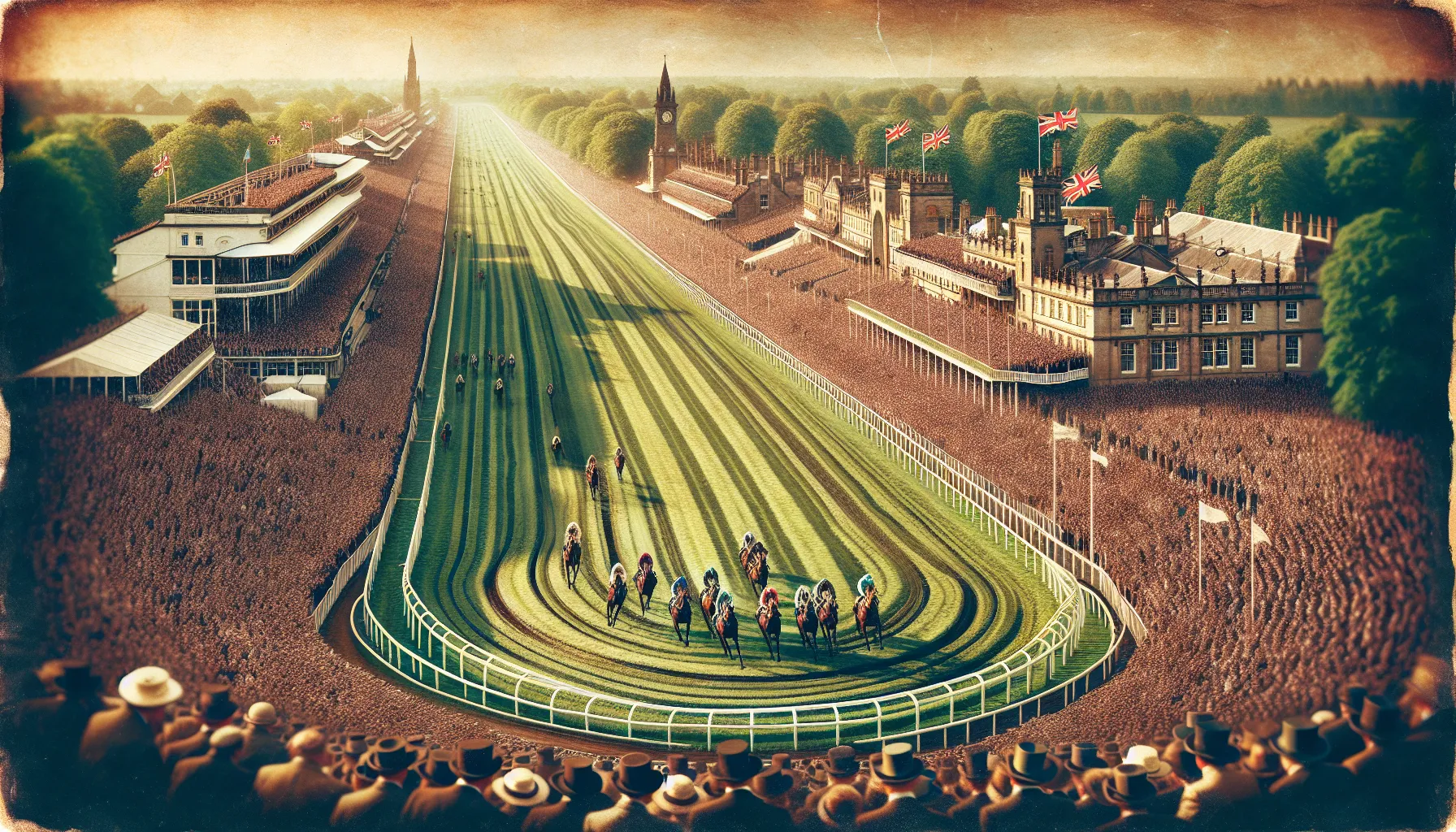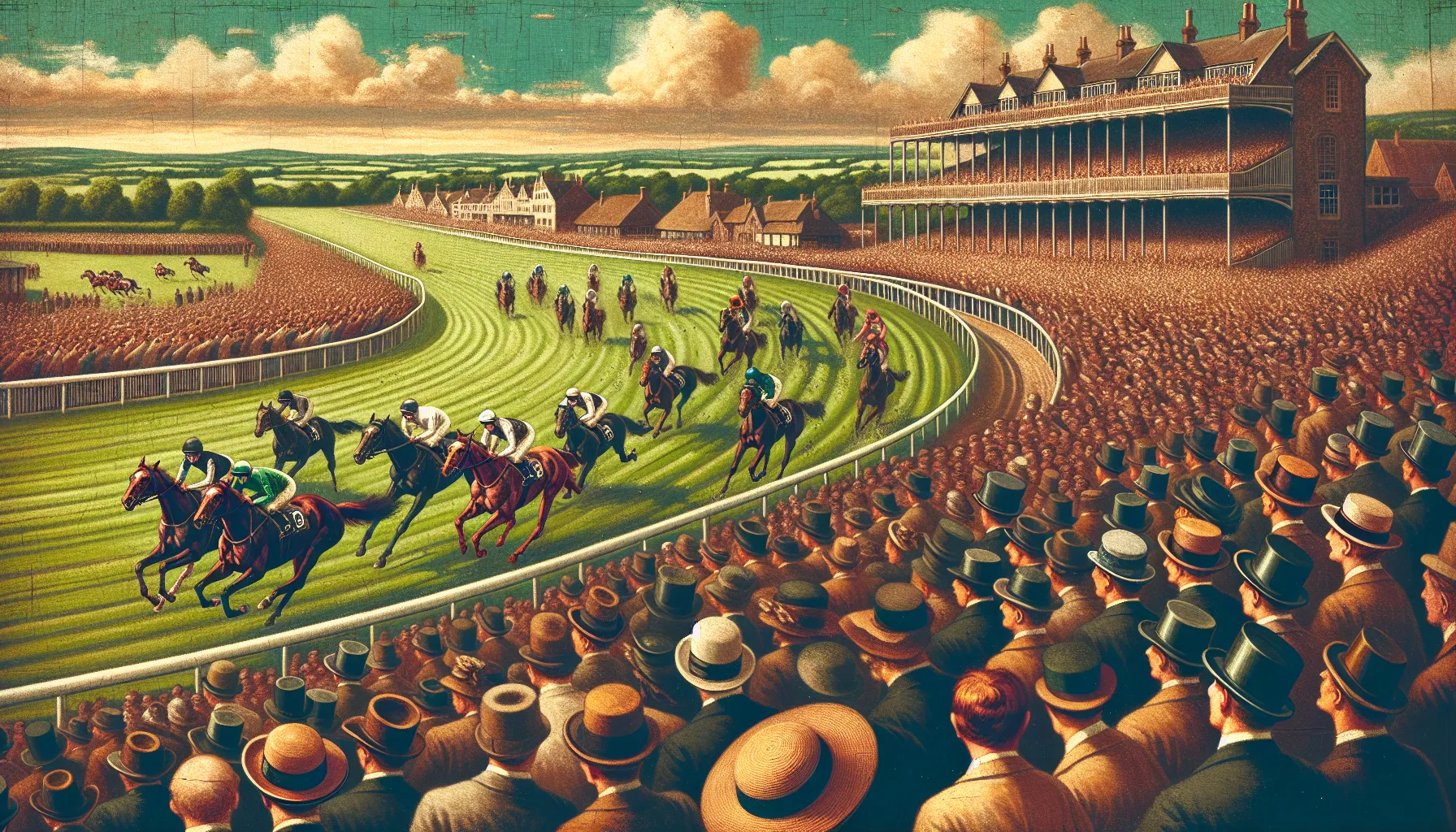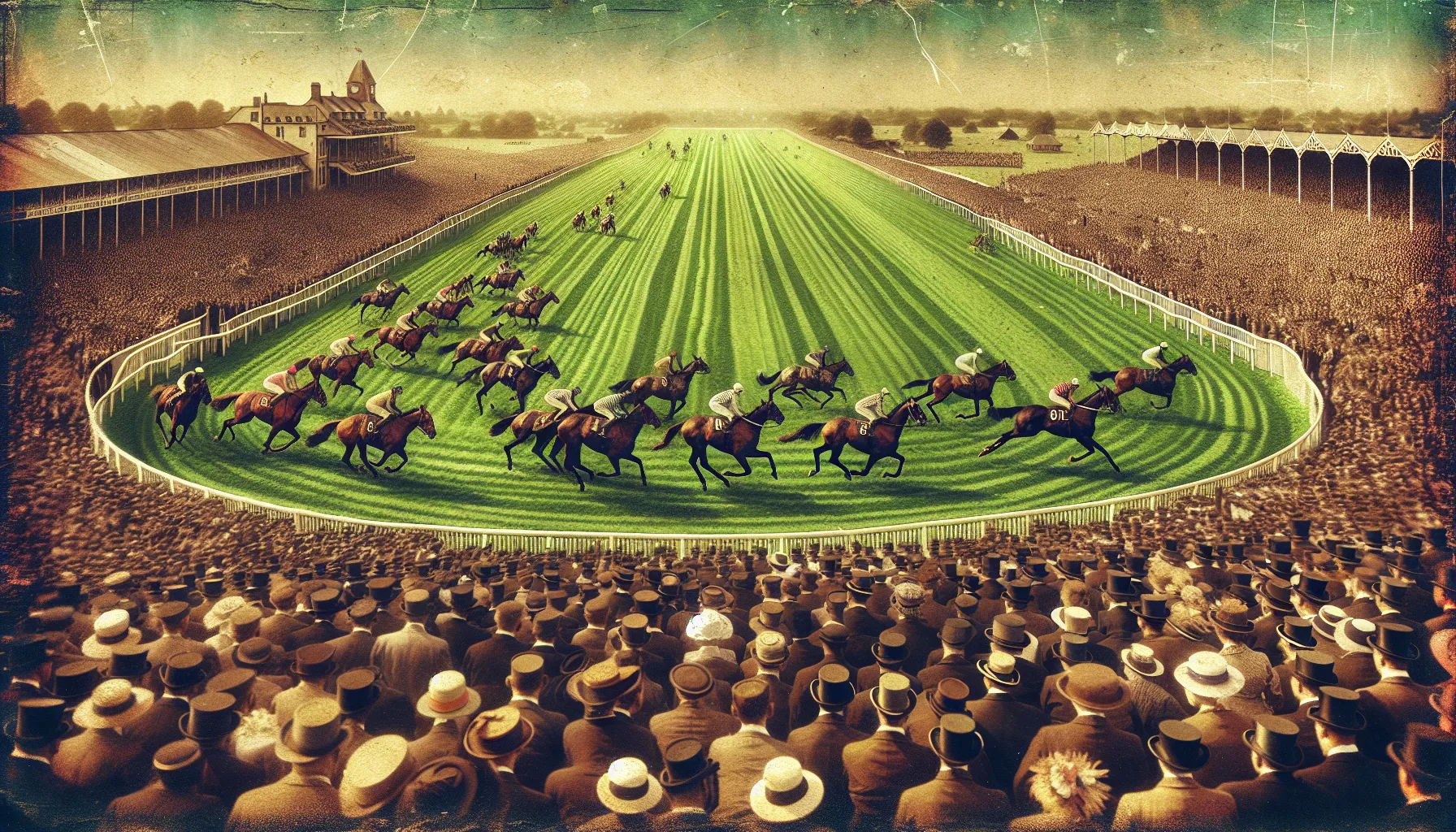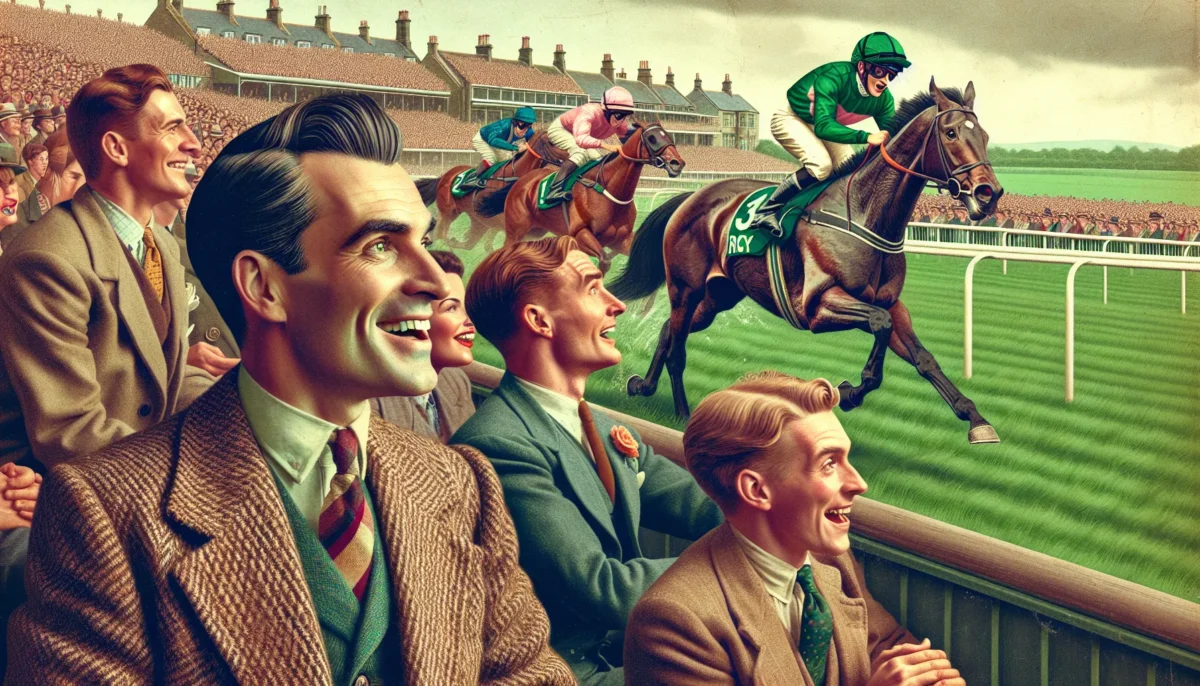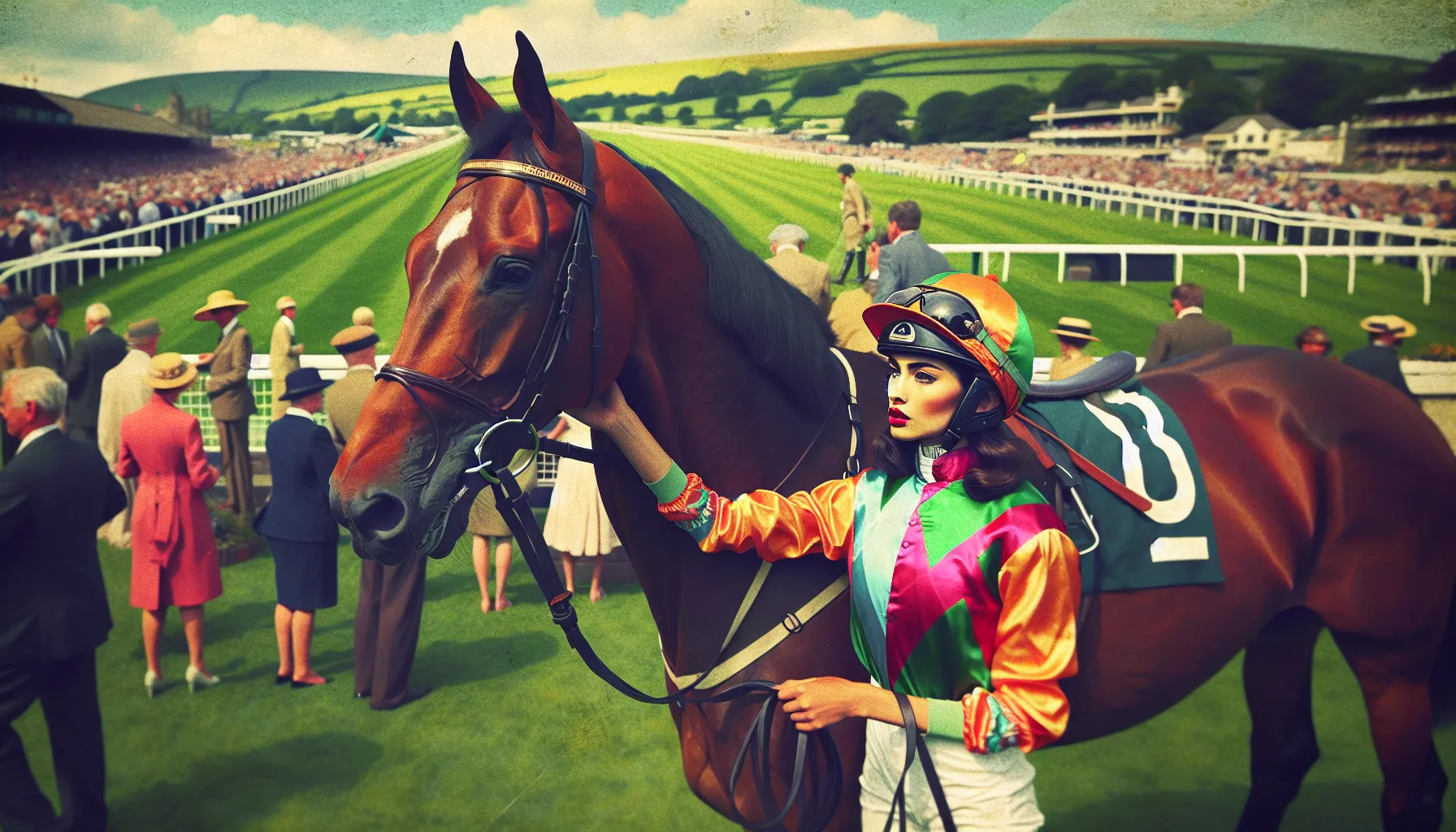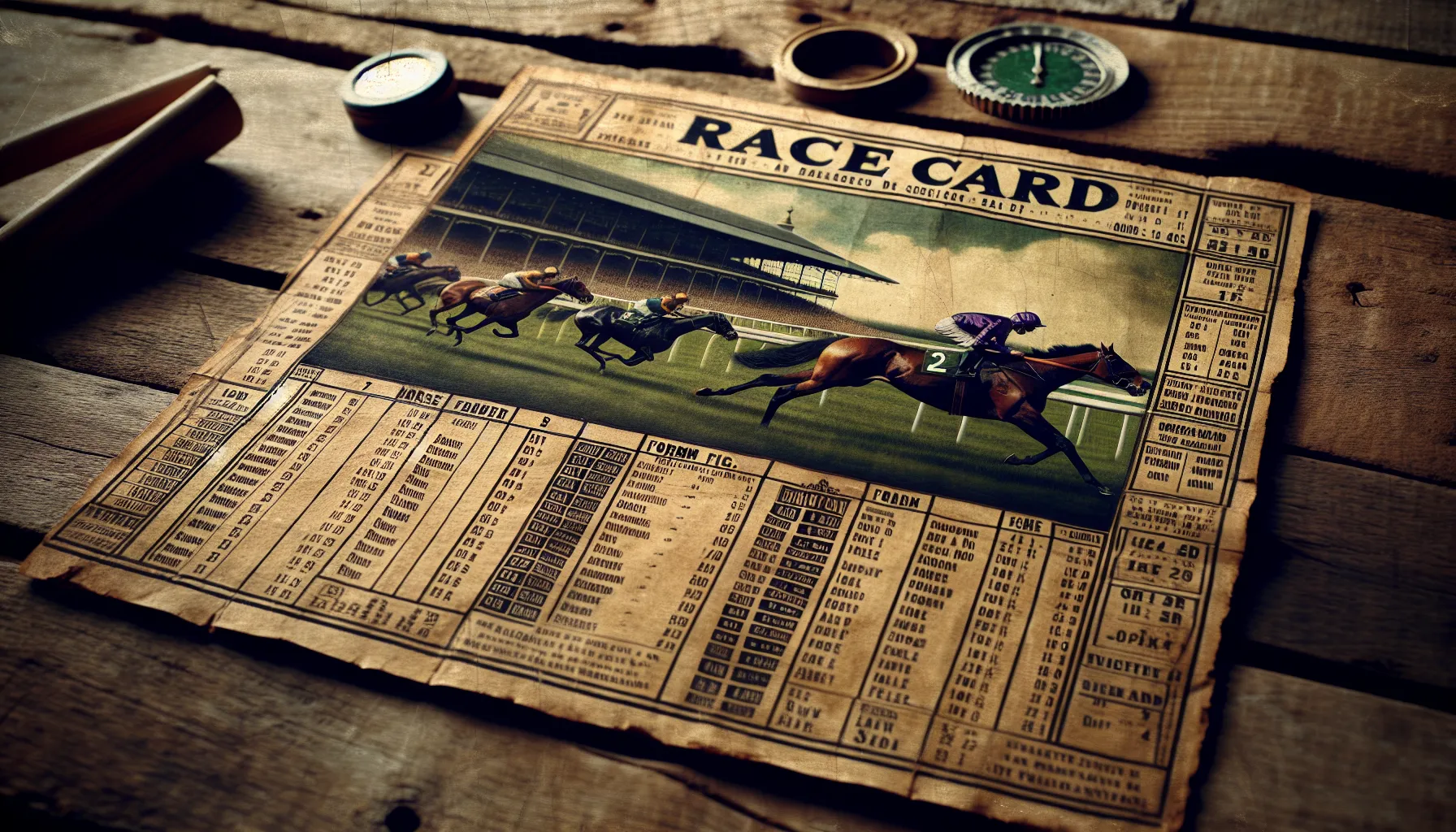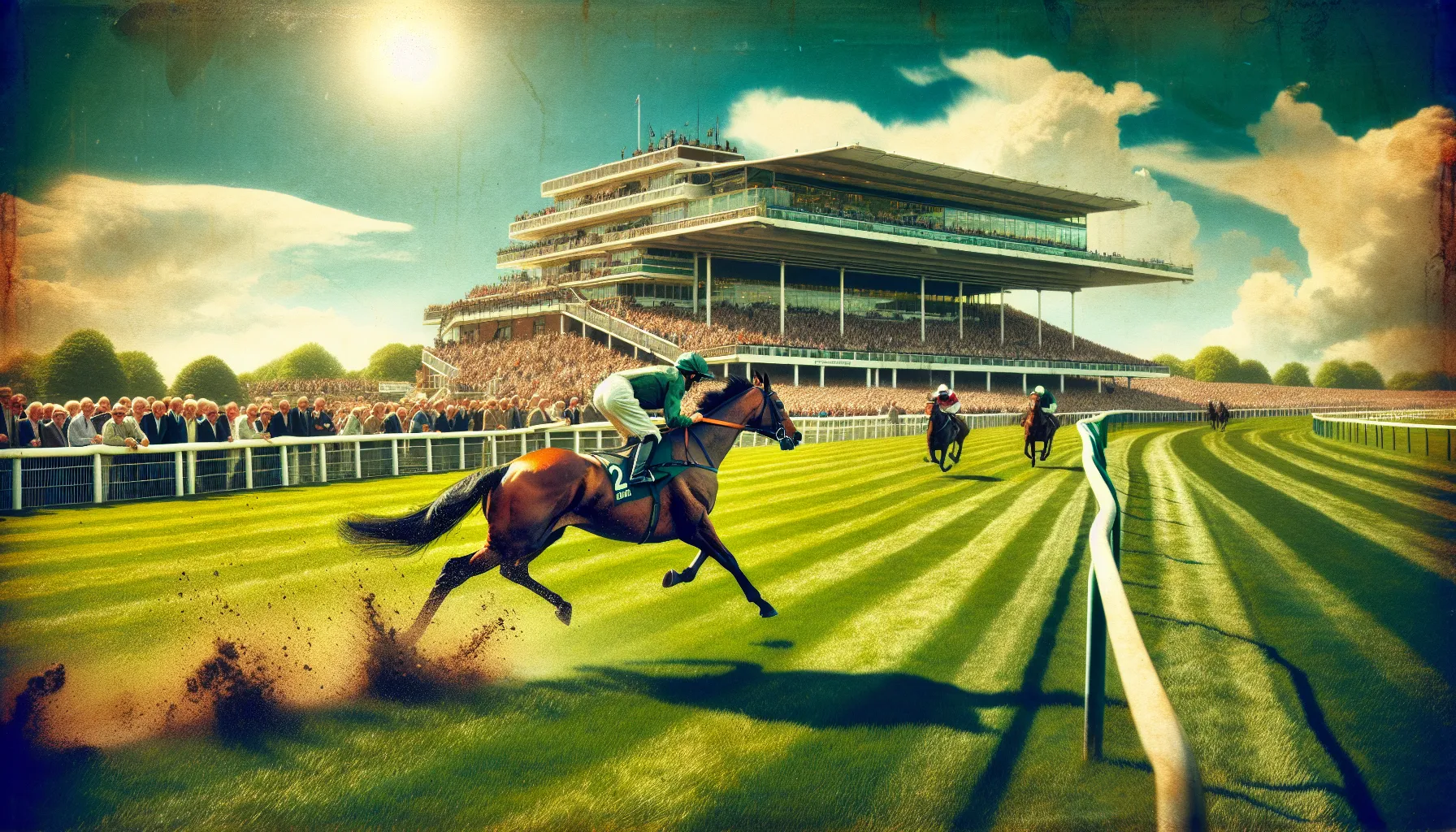If you’re a horse racing enthusiast, there’s nothing quite like the thrill of watching live races. Whether you’re cheering for your favorite horse or just love the excitement of the sport, finding a way to stream horse racing for free can feel like hitting the jackpot. Luckily, with the rise of online platforms, it’s easier than ever to catch the action without spending a dime.
You might be wondering where to start or which sites offer reliable, free streaming options. From major races to smaller local events, there are plenty of ways to stay connected to the world of horse racing. With a little guidance, you’ll be able to enjoy the excitement of the track from the comfort of your own home.
Benefits Of Streaming Horse Racing Online
Streaming horse racing online offers convenience by allowing you to watch races from any location with internet access. Whether you’re at home, traveling, or on a break, you can follow the action without missing a moment.
Access to diverse races becomes possible through online platforms. These services often feature both international events, like the Dubai World Cup, and local competitions, providing a broader viewing experience.
Cost savings are significant since many platforms provide free streaming options. You can enjoy top races without spending money on cable subscriptions or tickets.
Interactive features enhance the experience further. Live chats, race statistics, and expert commentaries are commonly available, giving you additional insights while watching.
Schedule flexibility is an advantage, as online streams often provide replays. If you can’t watch live races, you can catch up at a time that suits you.
Improved accessibility ensures that anyone with a device and internet connection can engage with horse racing, making the sport more inclusive and reaching a wider audience.
Popular Platforms To Stream Horse Racing For Free
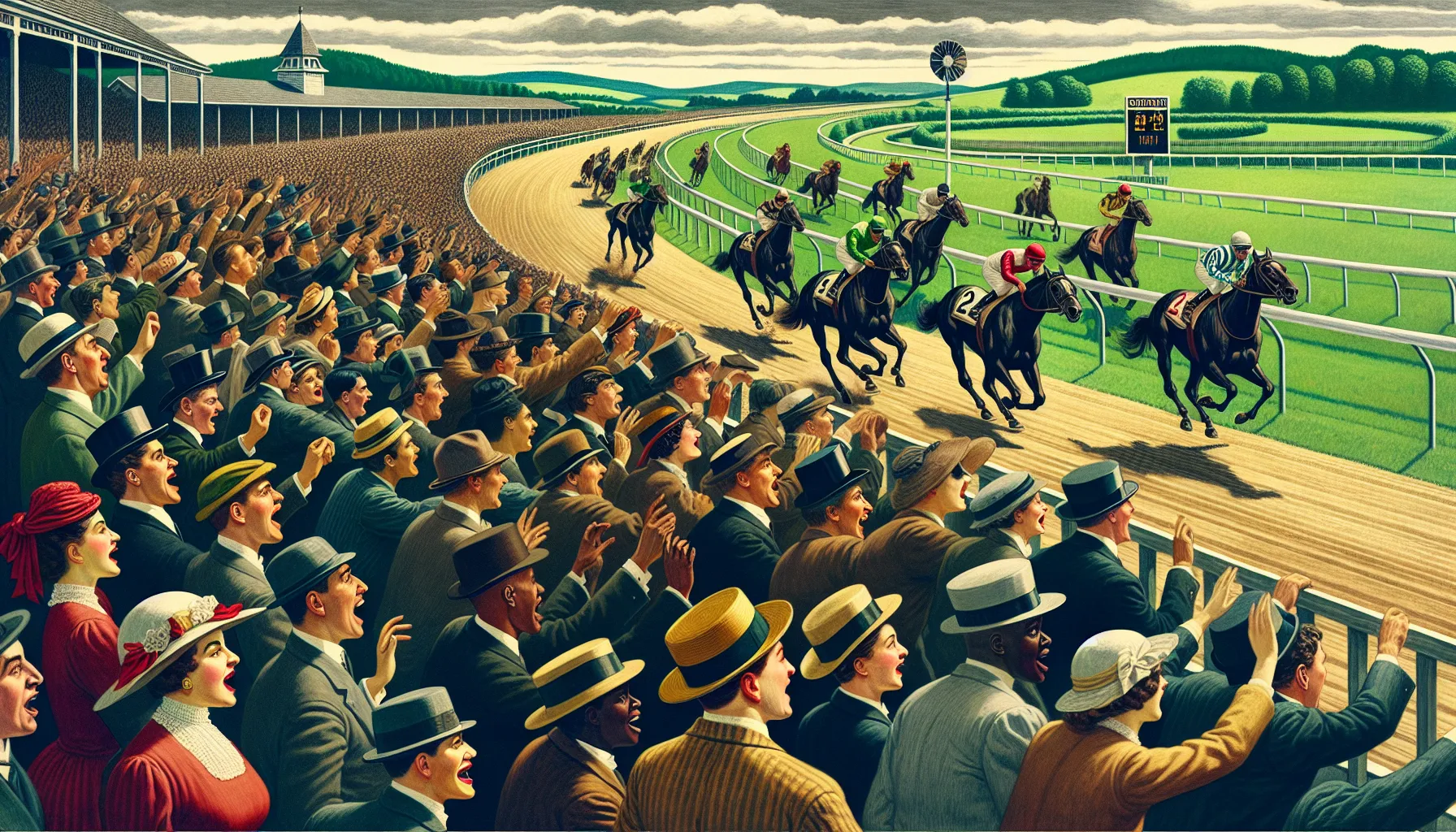
Finding free options to stream horse racing has never been easier. Several platforms offer reliable access to top races worldwide without incurring subscription costs.
Official Horse Racing Websites
Many official horse racing websites stream live events for free. Platforms like TwinSpires or TVG frequently offer promotions, allowing non-subscribers to watch select races. These sites often feature race schedules, expert analysis, and high-quality streams. Always check regional racecourse websites, as tracks like Churchill Downs or Santa Anita Park occasionally provide free live streaming.
Social Media Streams
Social media platforms frequently host live horse racing streams. Facebook Live and YouTube often feature official racecourse streams or uploads from racing organizations. Smaller race events, especially at local tracks, are sometimes streamed by enthusiasts or organizers on platforms like Twitter or Instagram. Following verified accounts increases your chances of accessing licensed, high-quality streams.
Free Sports Streaming Websites
Free sports streaming websites aggregate links to horse racing events. Platforms like Livestream TV or VIPRow often include links to ongoing races. While they provide access without payment, exercise caution and ensure you’re visiting trustworthy sites to avoid security risks. Using an ad blocker and antivirus software enhances your browsing experience.
Tips For Finding Reliable Free Streams

Locating trustworthy horse racing streams for free requires thoughtful consideration of safety, legality, and quality. Following practical steps ensures a better viewing experience without compromising security.
Checking Legality And Safety
Verify the platform’s legitimacy before accessing streams. Use official websites like racetrack platforms, legal streaming services, or trusted social media accounts. Rely on platforms that display permissions or partnerships with racing associations.
Avoid unauthorized streaming sites to minimize risks like malware infections or breaches. Check for secure HTTPS connections and look for privacy policies to confirm data protection measures. Using antivirus software adds an extra layer of security.
Ensuring High-Quality Streams
Evaluate the stream’s resolution and reliability. Reputable sources often provide HD options with minimal buffering. Test the platform during off-peak times to ensure stable performance during races.
Look for platforms offering consistent updates on live events and schedules. Those providing features like live commentary, race stats, or interactive viewing improve overall engagement. Use a stable internet connection to avoid disruptions mid-race.
Regions With Access To Free Horse Racing Streams
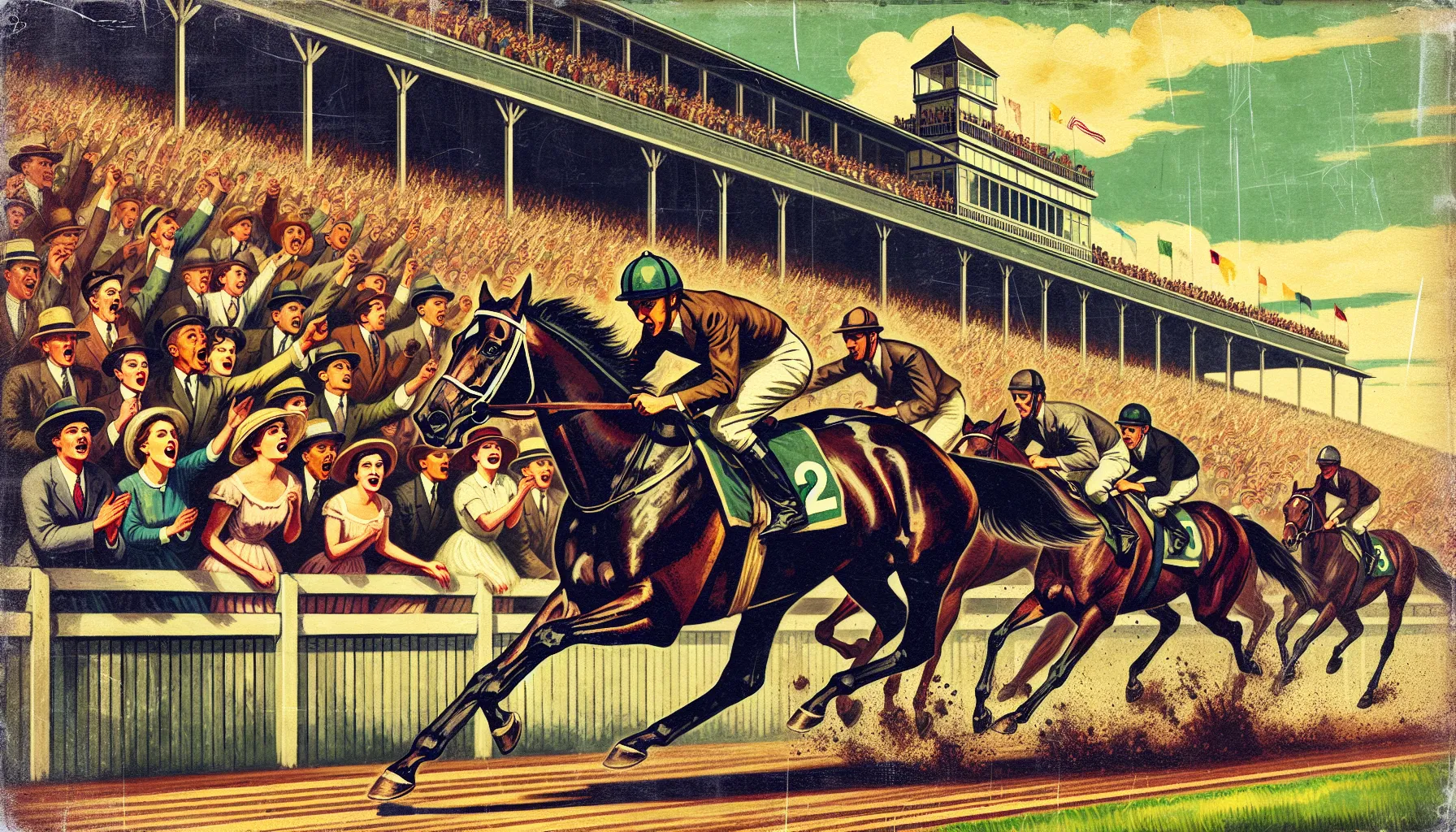
Specific regions offer legal and reliable access to free horse racing streams. Knowing these areas can help you locate convenient options tailored to your location.
United States
Major platforms like TwinSpires and TVG, along with some racetrack websites, provide free streams of US horse racing events. Social media platforms frequently offer free streams for smaller races within the country.
United Kingdom
UK-based platforms like Racing TV and ITV Racing occasionally broadcast free streams of major events like the Grand National. Official sites for local racecourses may also host free live streams.
Australia
Australian horse racing fans can access free streams on platforms like Racing.com and Sky Racing, which cover events from local tracks. Many Australian bookmakers also provide streaming services for registered users.
Canada
Canadian audiences often rely on international platforms, such as TwinSpires, or use official social media accounts of racetracks for smaller events. Some local racing organizations may also share free live streams via their websites.
Ireland
Ireland offers streams of horse racing events through partnerships with UK platforms like Racing TV. Some Irish racecourse websites may provide free viewing options for local races.
Other Global Locations
In regions like New Zealand, South Africa, or Hong Kong, you can use official racetrack websites or local sports broadcasters offering free horse racing live streams. Social media channels often support lesser-known events globally.
Is Free Streaming A Good Option For Horse Racing Fans?
Free streaming offers accessibility to horse racing without requiring subscriptions or ticket purchases. It allows you to follow races conveniently from any location with internet access while minimizing costs. Platforms like social media and official race websites provide reliable free streaming options, ensuring you can enjoy live and replayed events.
Although free streaming is convenient, there are potential drawbacks. Unauthorized platforms could pose security risks, exposing you to malware or data theft. Ensuring you use legal, trusted sources like TwinSpires, Racing TV, or official racetrack accounts reduces these risks and guarantees consistent streaming quality.
The viewing experience of free streams may vary. High-quality streams often depend on the platform’s resources and your internet stability. To avoid interruptions, choose platforms known for reliability and verify video resolution before starting a stream. When used carefully, free streaming remains a practical, cost-effective choice for accessing horse racing events globally.
Conclusion
Streaming horse racing for free is a fantastic way to stay connected to the sport without breaking the bank. By choosing reliable platforms and ensuring your streams are legal and secure, you can enjoy the excitement of live races from anywhere.
With so many options available globally, it’s easier than ever to access high-quality streams and immerse yourself in the action. Take advantage of trusted sources, and you’ll never miss a moment of the thrill horse racing has to offer.
Frequently Asked Questions
What are the best websites to stream horse racing for free?
Official platforms like TwinSpires and TVG in the US, Racing TV and ITV Racing in the UK, and Racing.com in Australia are excellent choices for reliable free horse racing streams. These platforms prioritize legality, safety, and quality.
Are free horse racing streams legal to watch?
Yes, free horse racing streams are legal if accessed via authorized platforms like official racetrack websites or trusted broadcasters. Always avoid unverified streaming sites to steer clear of potential legal risks or malware.
How do I find reliable free horse racing streams?
Look for streams on official websites, trusted apps, or verified social media accounts. Avoid unauthorized services and check for platform reviews or recommendations to ensure safety and high-quality streaming.
Can I access horse racing streams on social media platforms?
Yes, social media platforms like Facebook Live, YouTube, Twitter, and Instagram often host free streams of local or major horse racing events, either officially or by enthusiasts.
What regions offer legal free horse racing streams?
In the US, platforms like TwinSpires and TVG provide free streams. UK users can rely on Racing TV and ITV Racing, while Australia offers Racing.com. Other countries, such as Canada, Ireland, and South Africa, often have local or partnered streaming platforms.
How can I improve the quality of my horse racing streams?
Ensure a stable and fast internet connection, use trusted platforms with HD streaming capabilities, and avoid sites known for buffering or low resolution. Proper equipment, such as updated devices, can also improve quality.
What safety precautions should I take when watching free streams?
Always use legal and verified platforms. Avoid downloading unknown software or visiting suspicious websites to prevent malware or phishing risks. Using antivirus software is also highly recommended.
What are the advantages of streaming horse racing online for free?
Streaming horse racing online allows fans to watch from anywhere, access a variety of global races, and enjoy features like live chats or expert commentary, all while saving on cable or event ticket costs.
Are there any downsides to free streaming horse racing online?
The primary drawbacks include potential security risks on unauthorized platforms, lower stream quality on some free services, and occasional interruptions depending on your internet stability or platform resources.
Can I watch horse race replays on free streaming platforms?
Yes, most free horse racing platforms and apps offer the ability to watch replays so you can enjoy the races at your convenience if you miss the live event.
